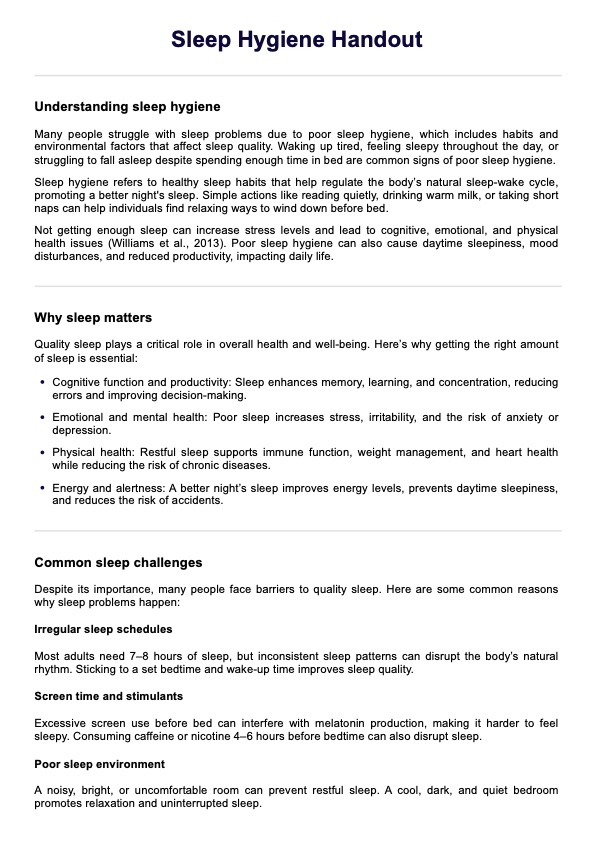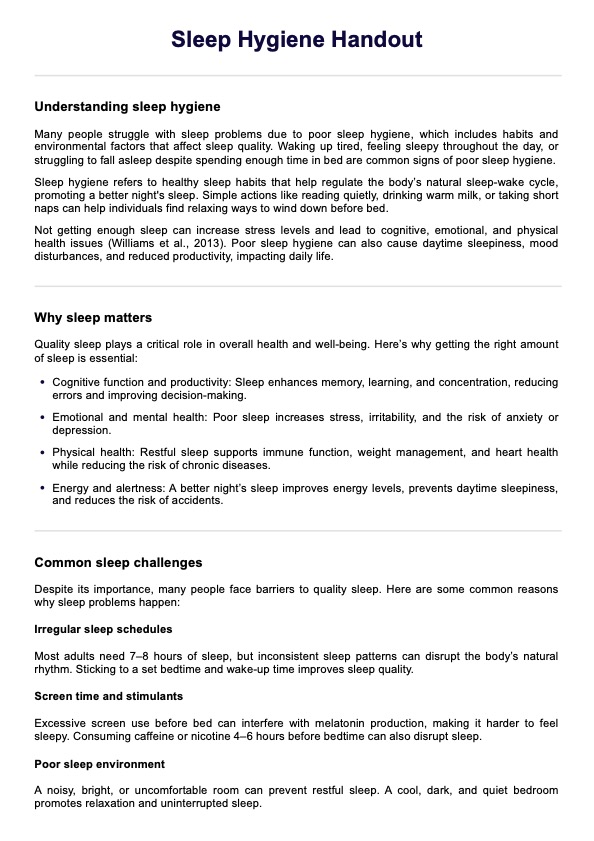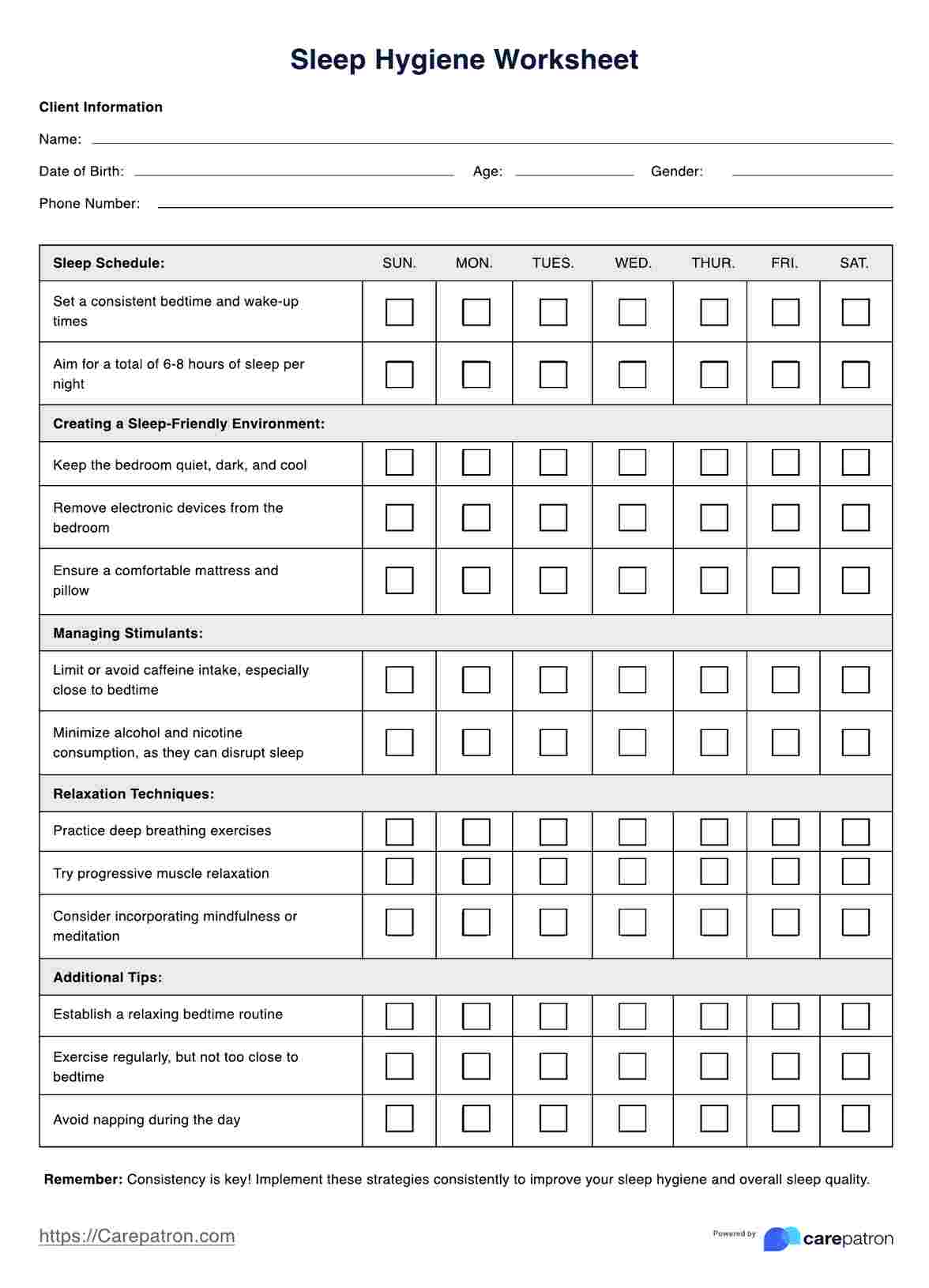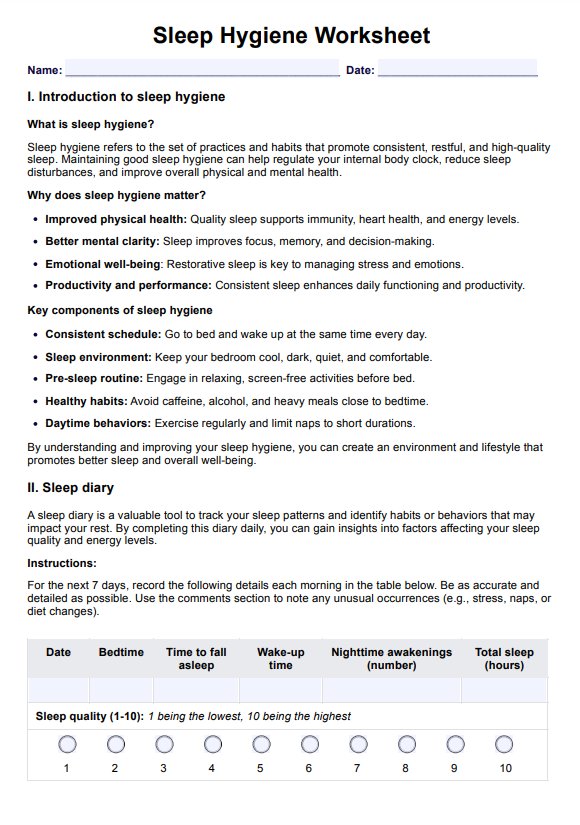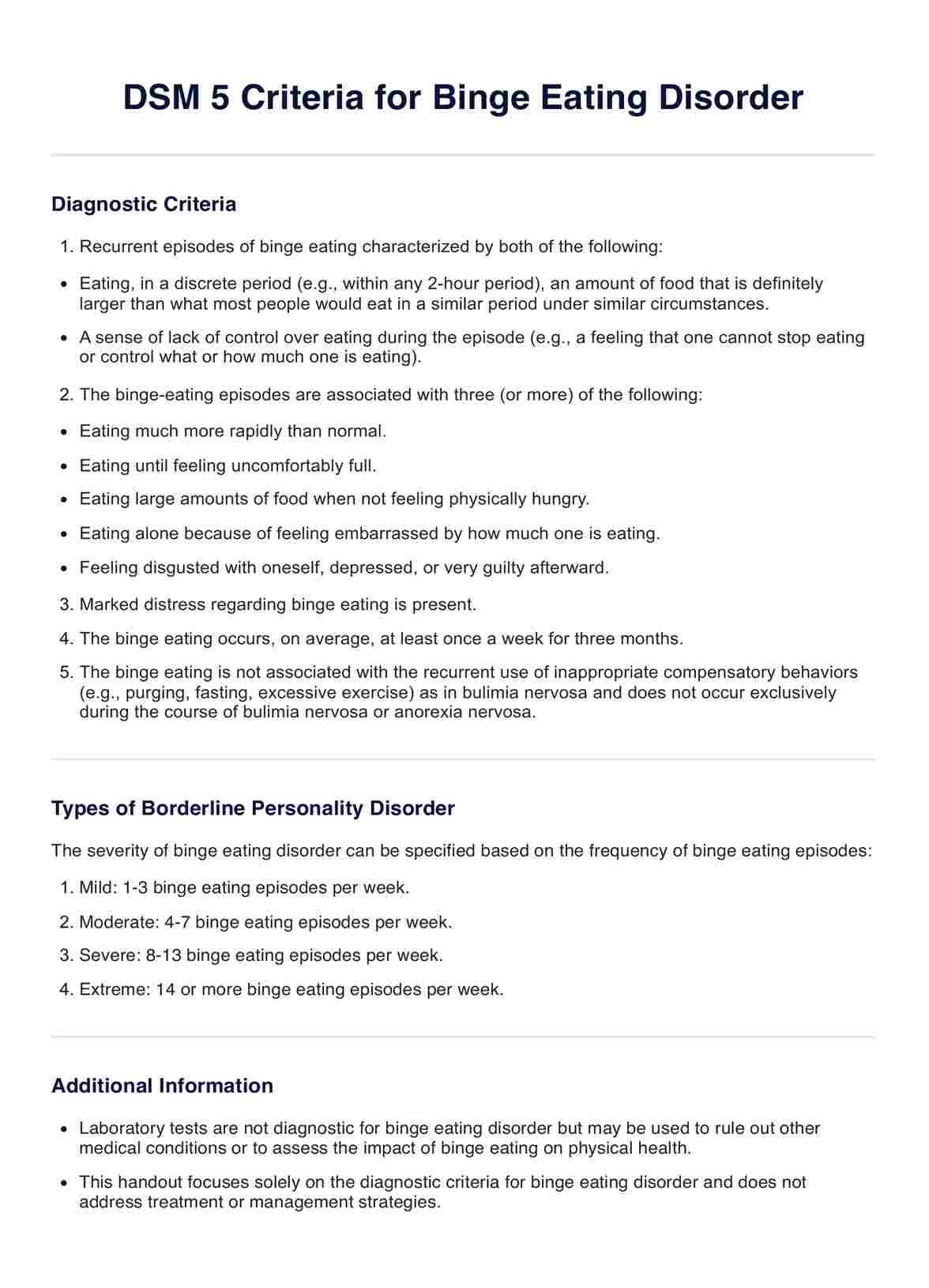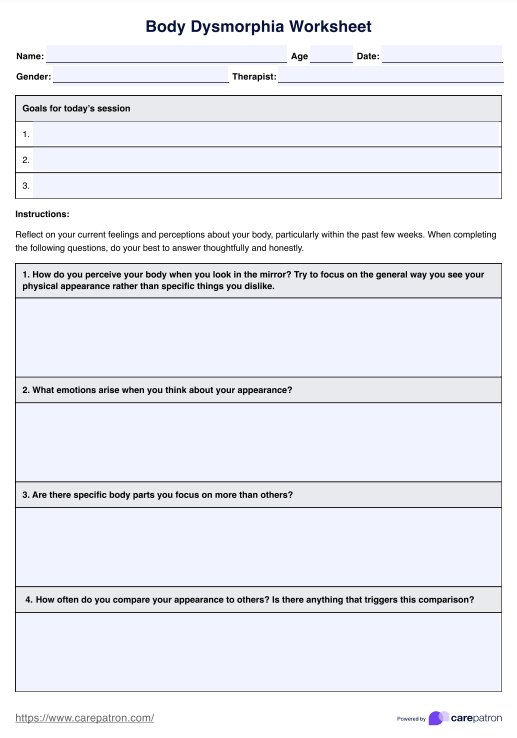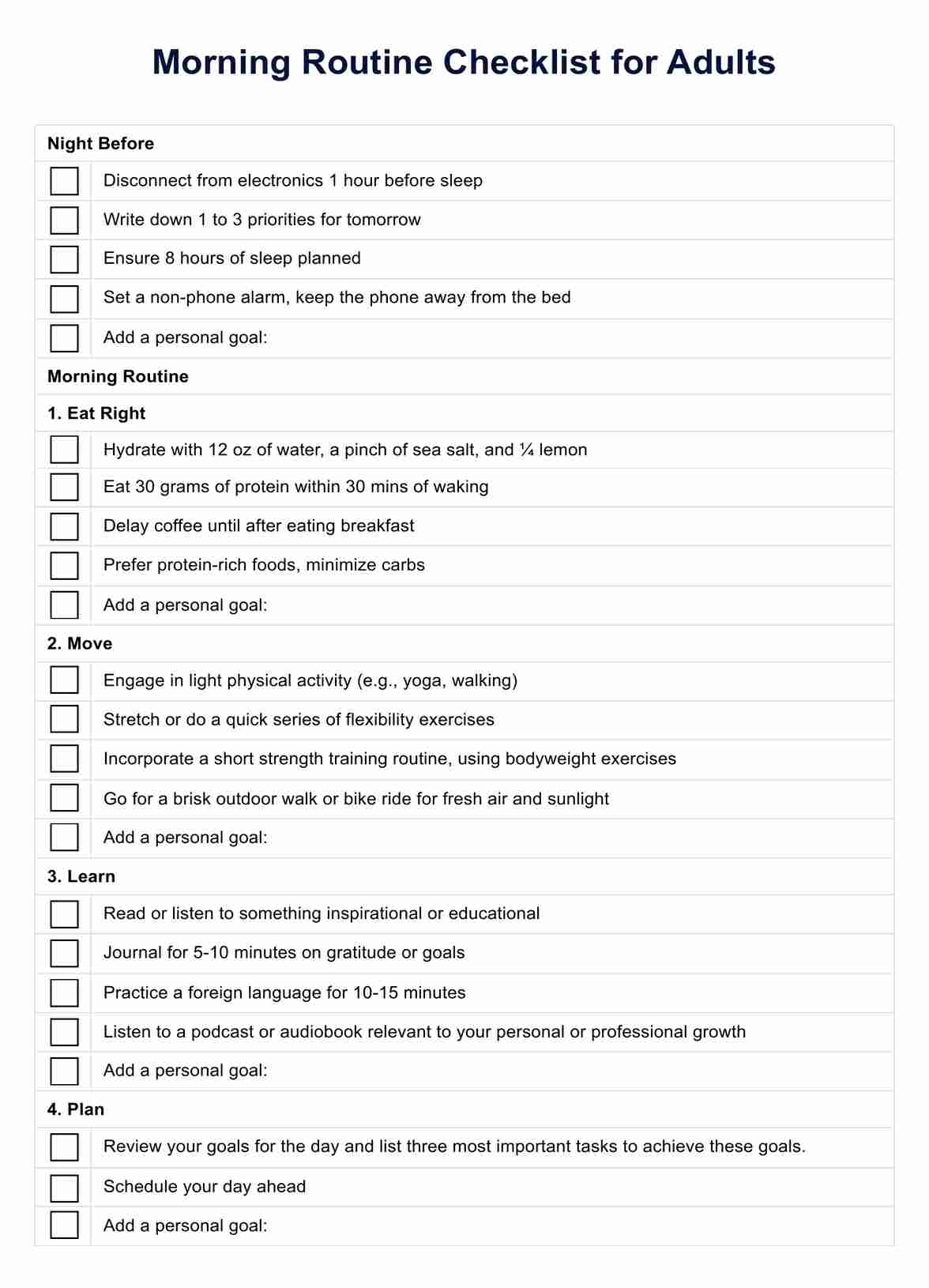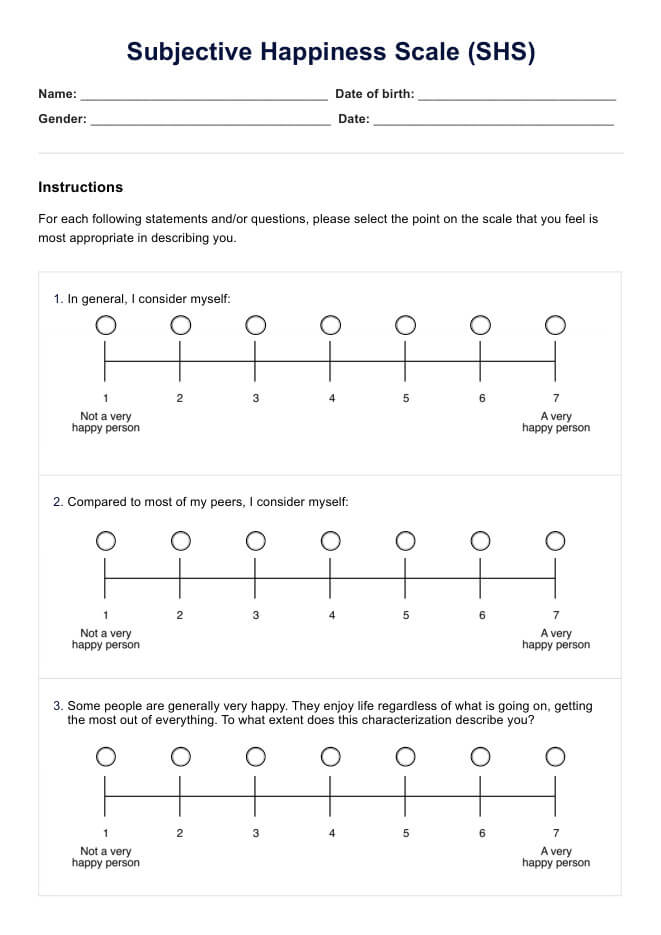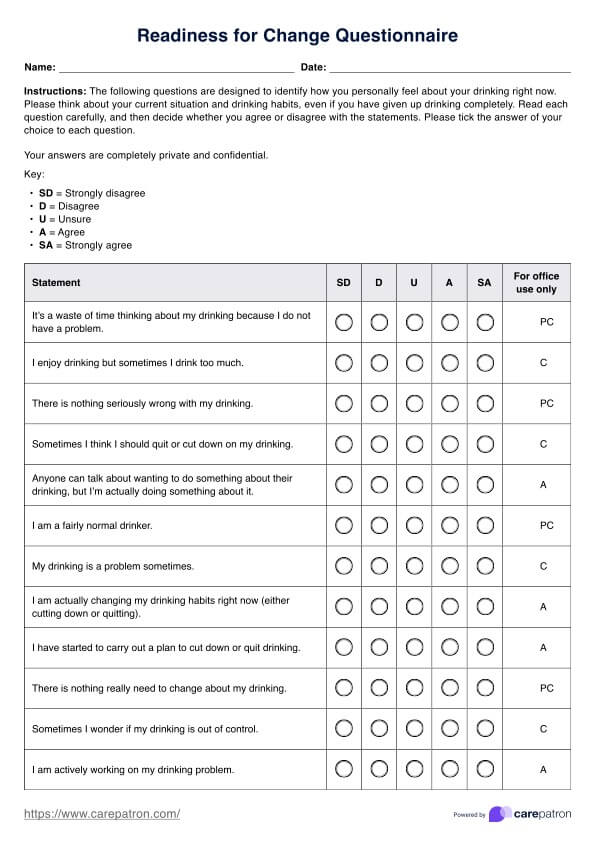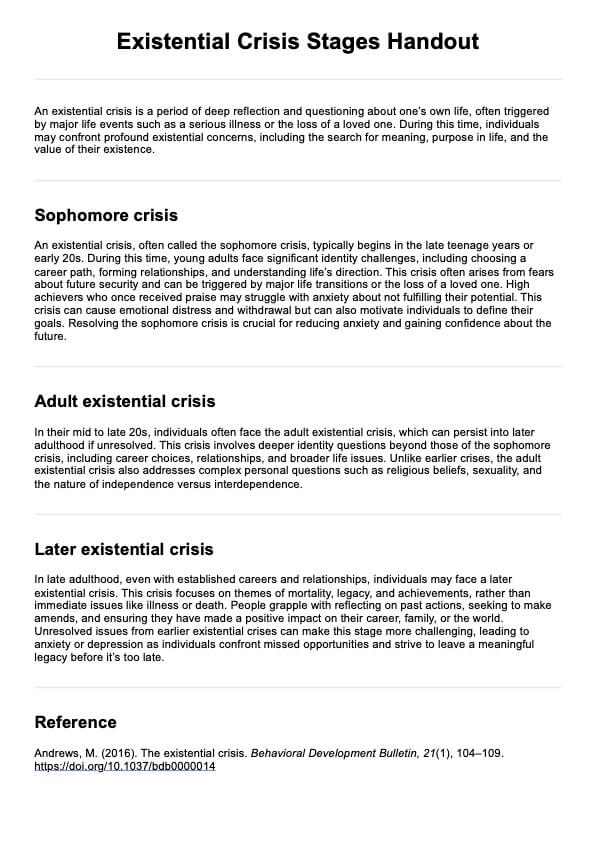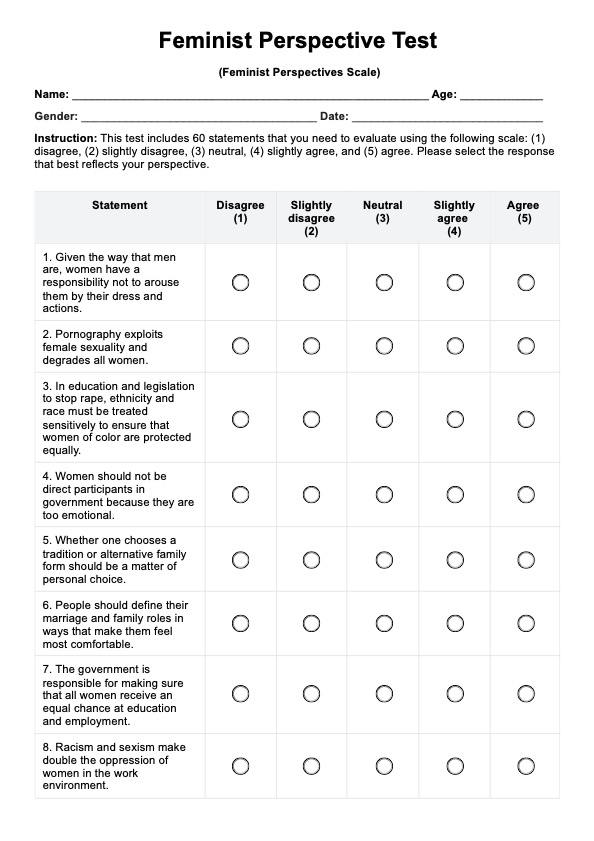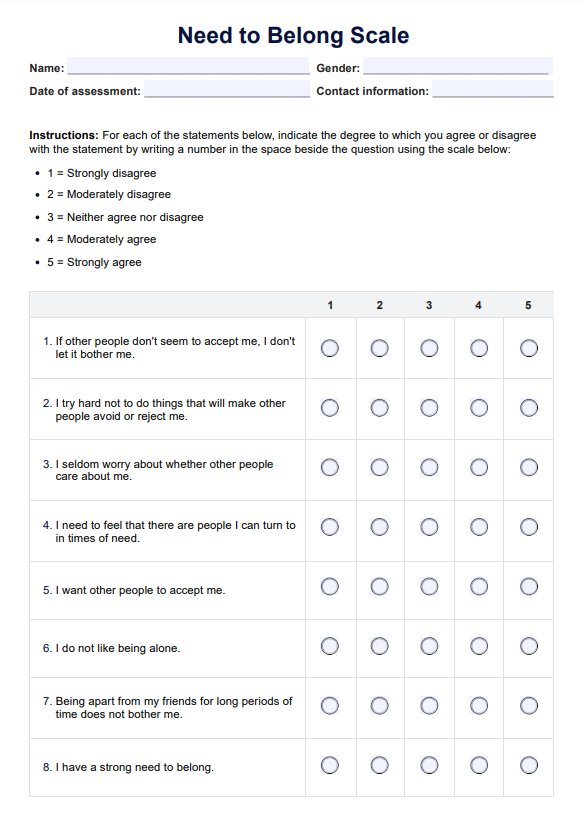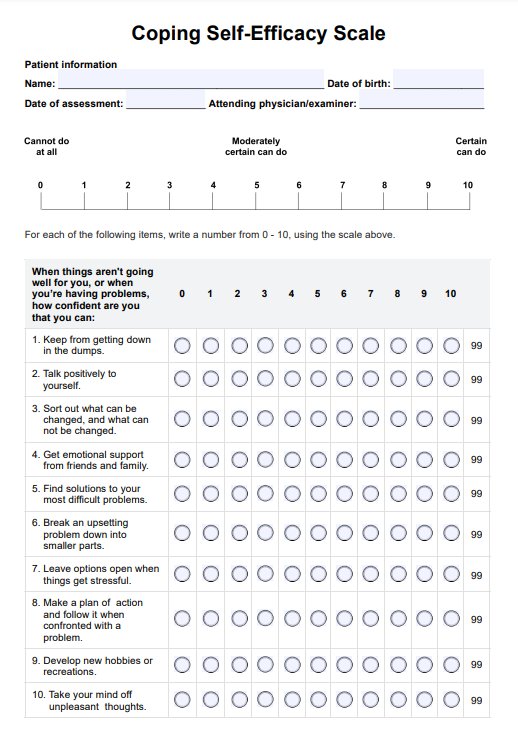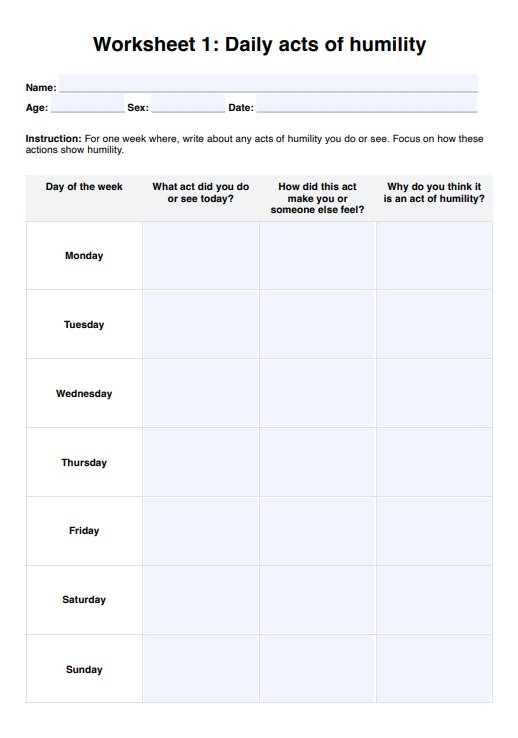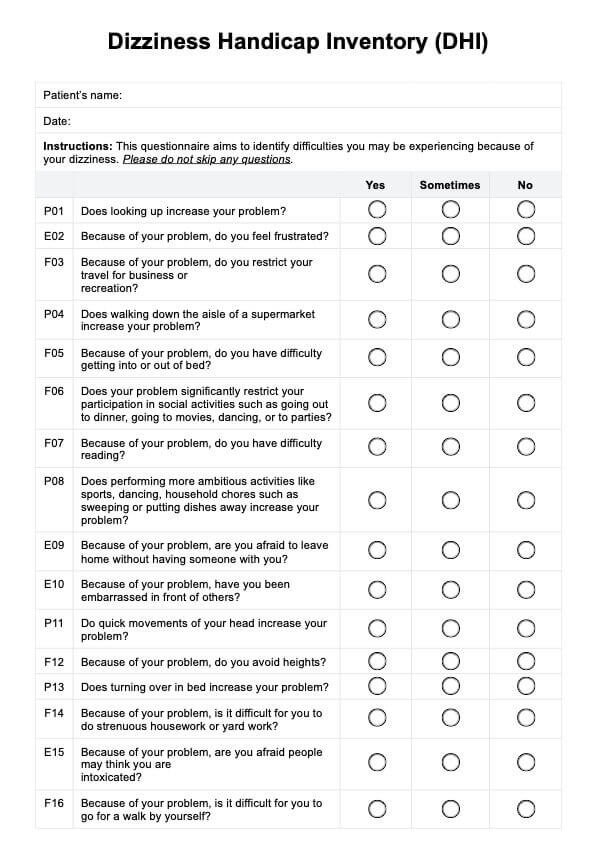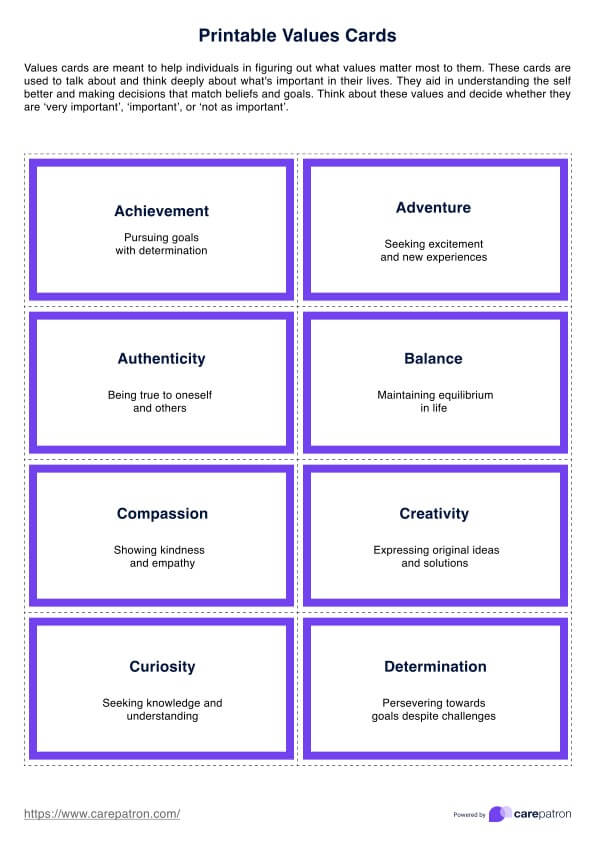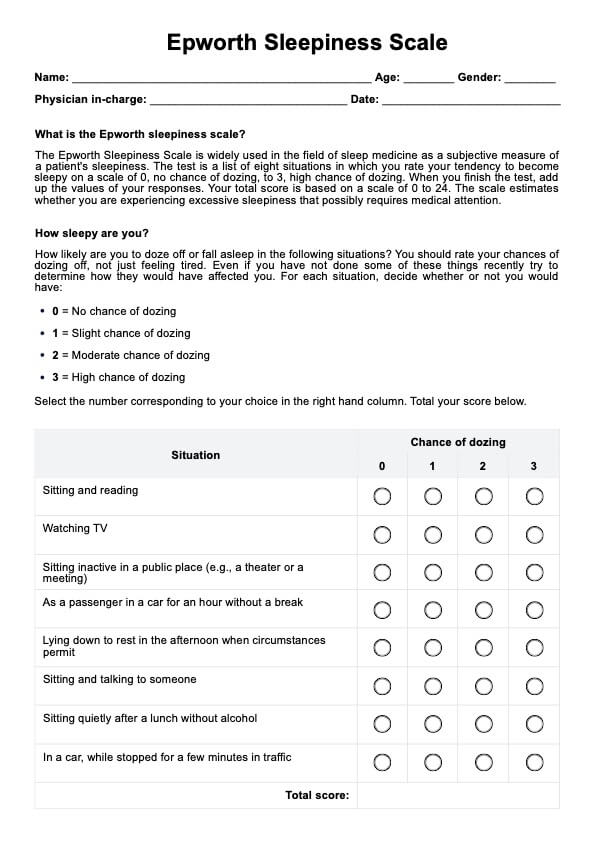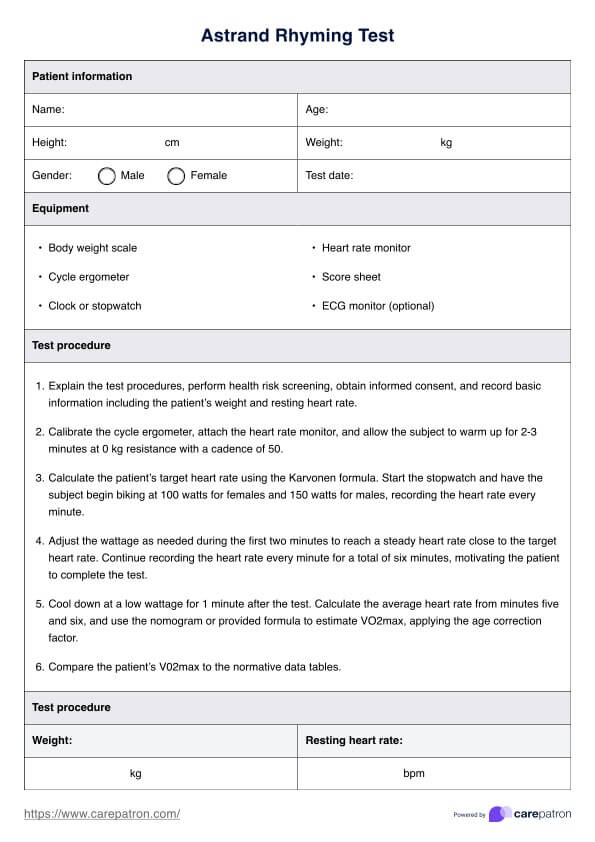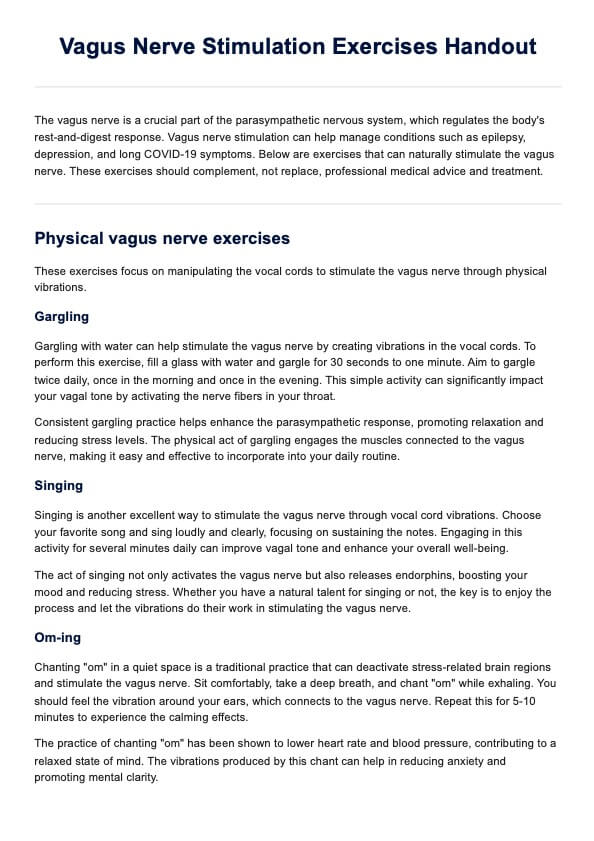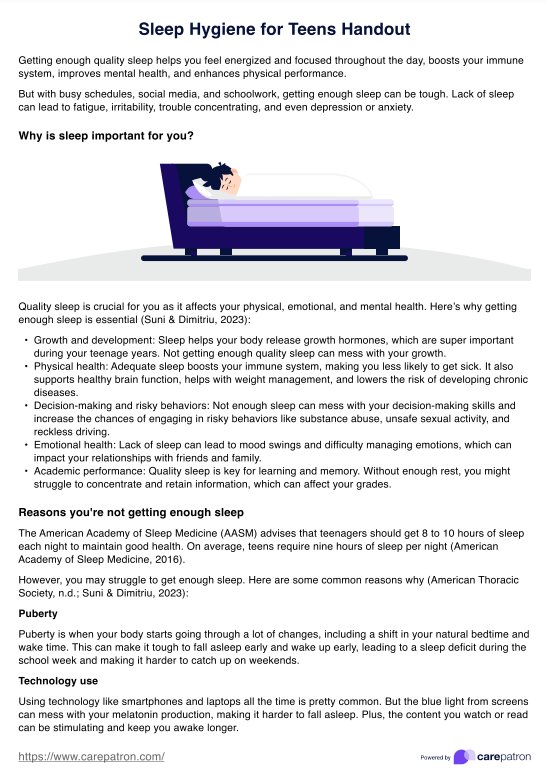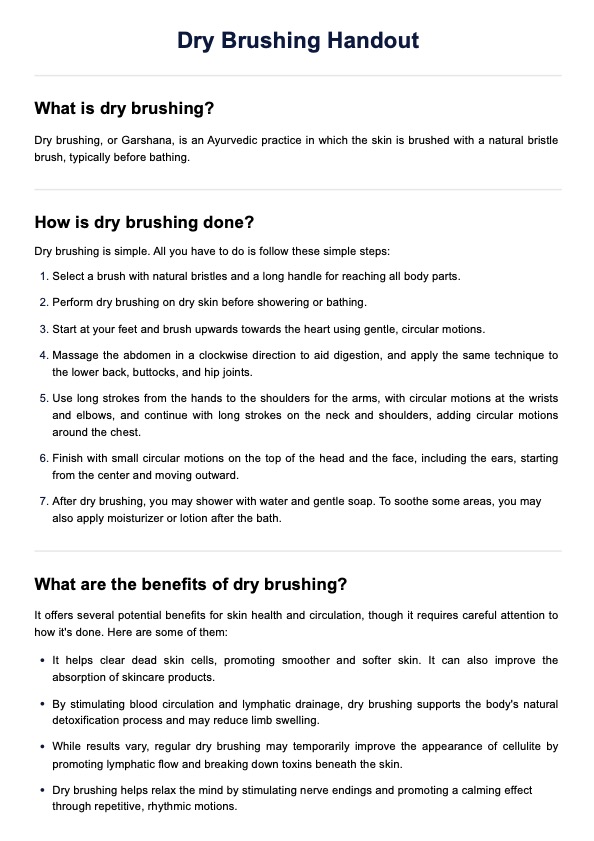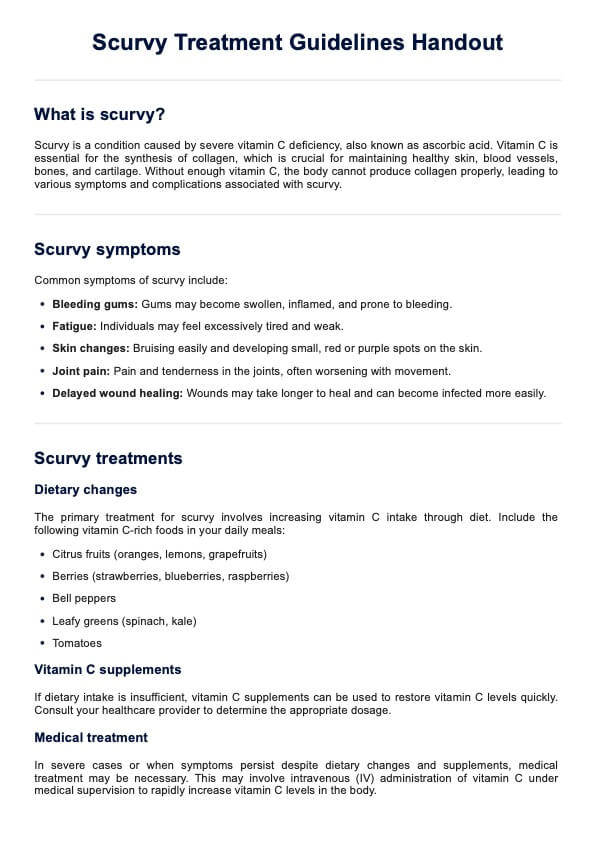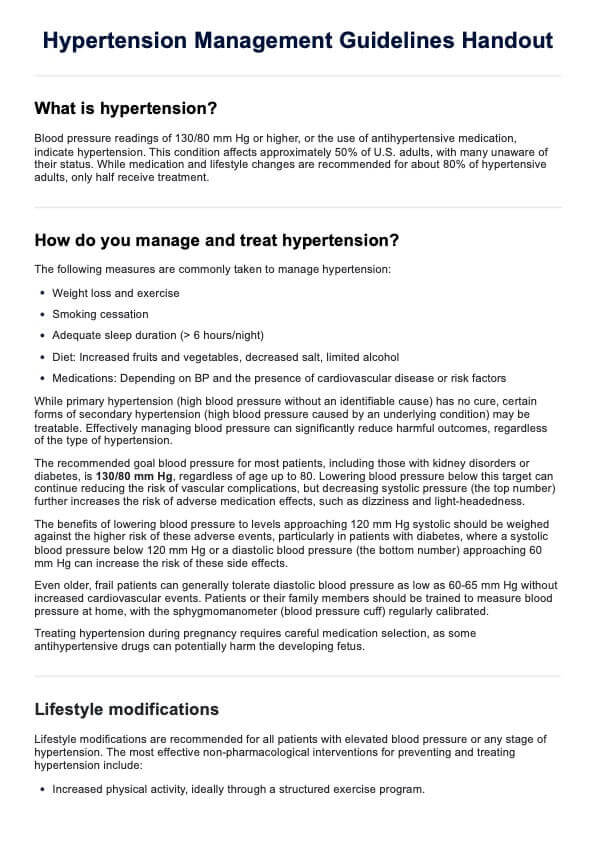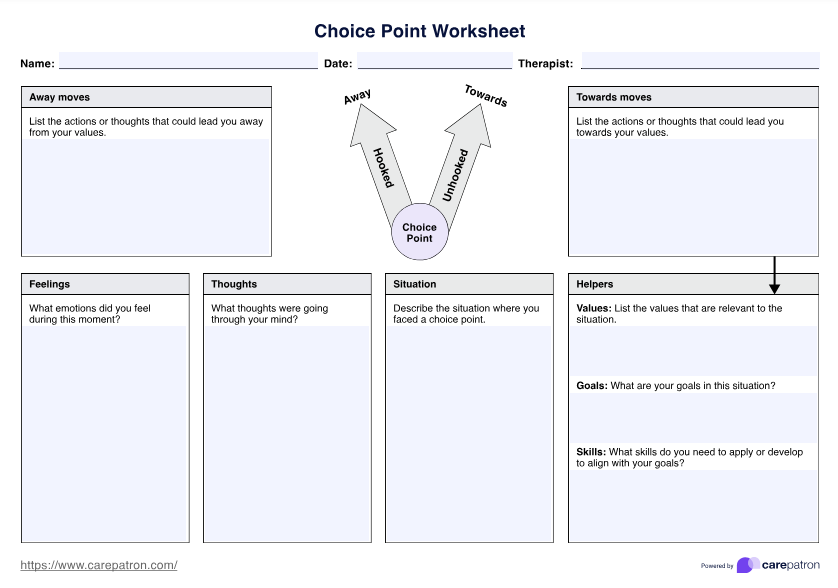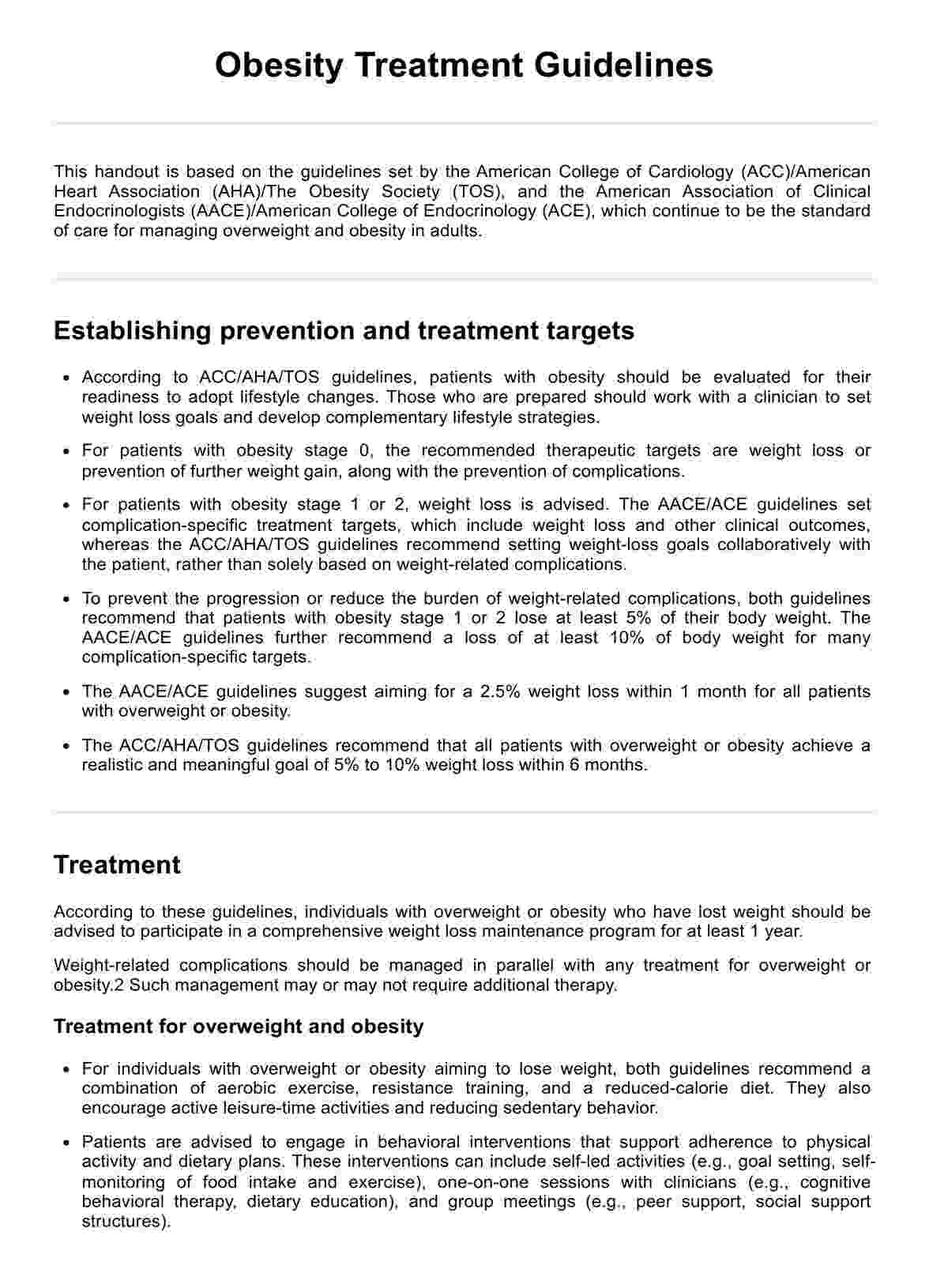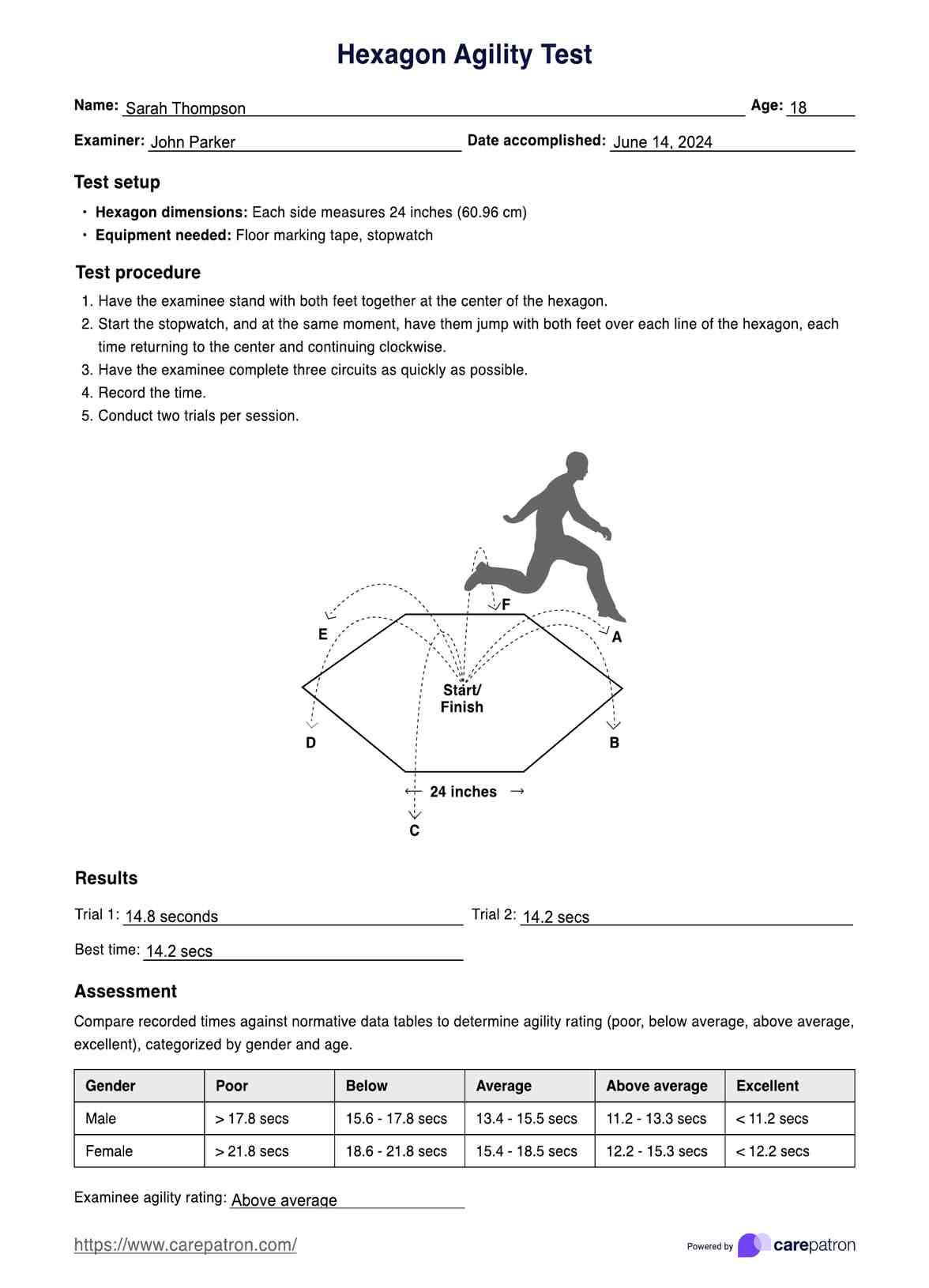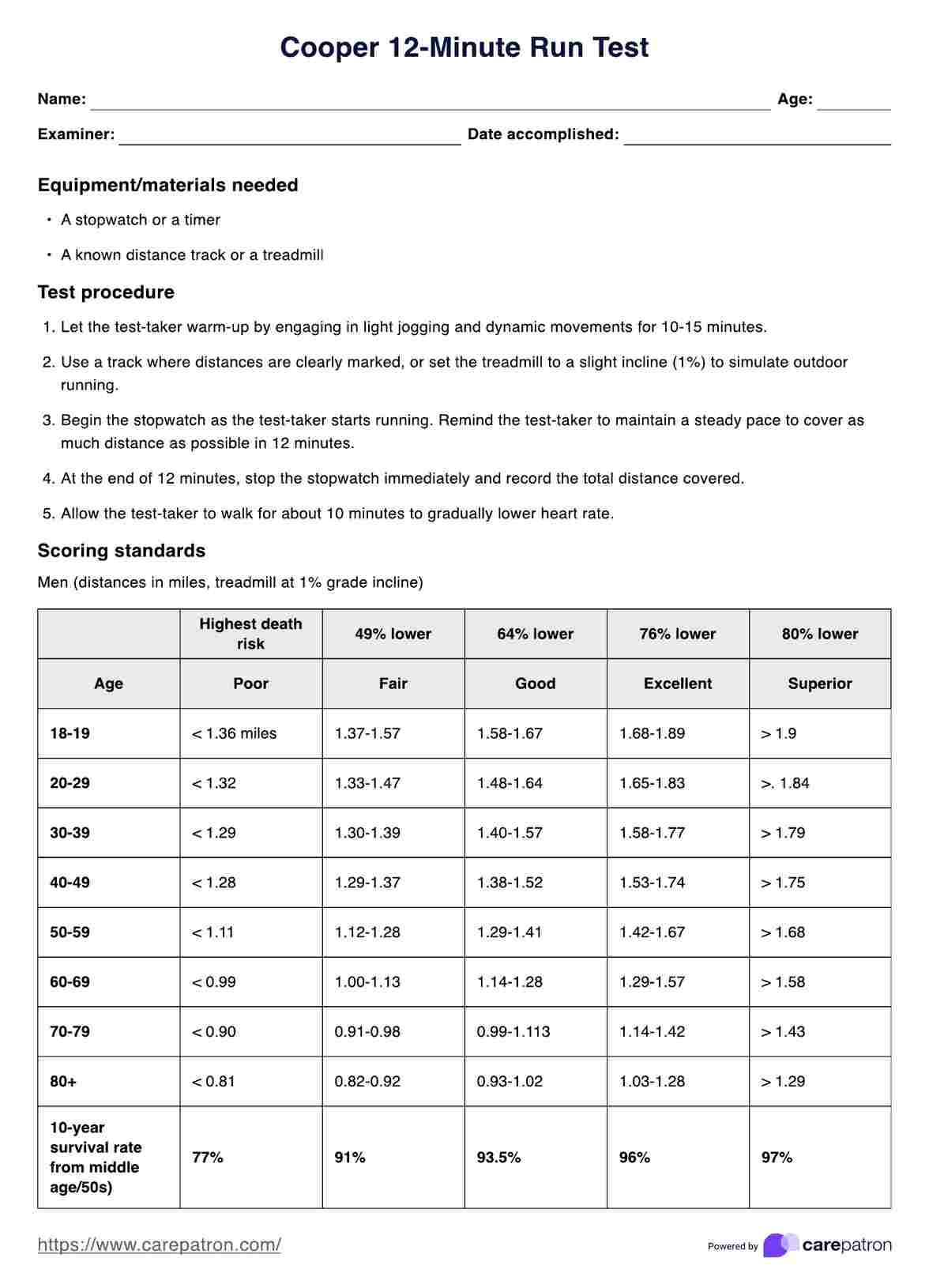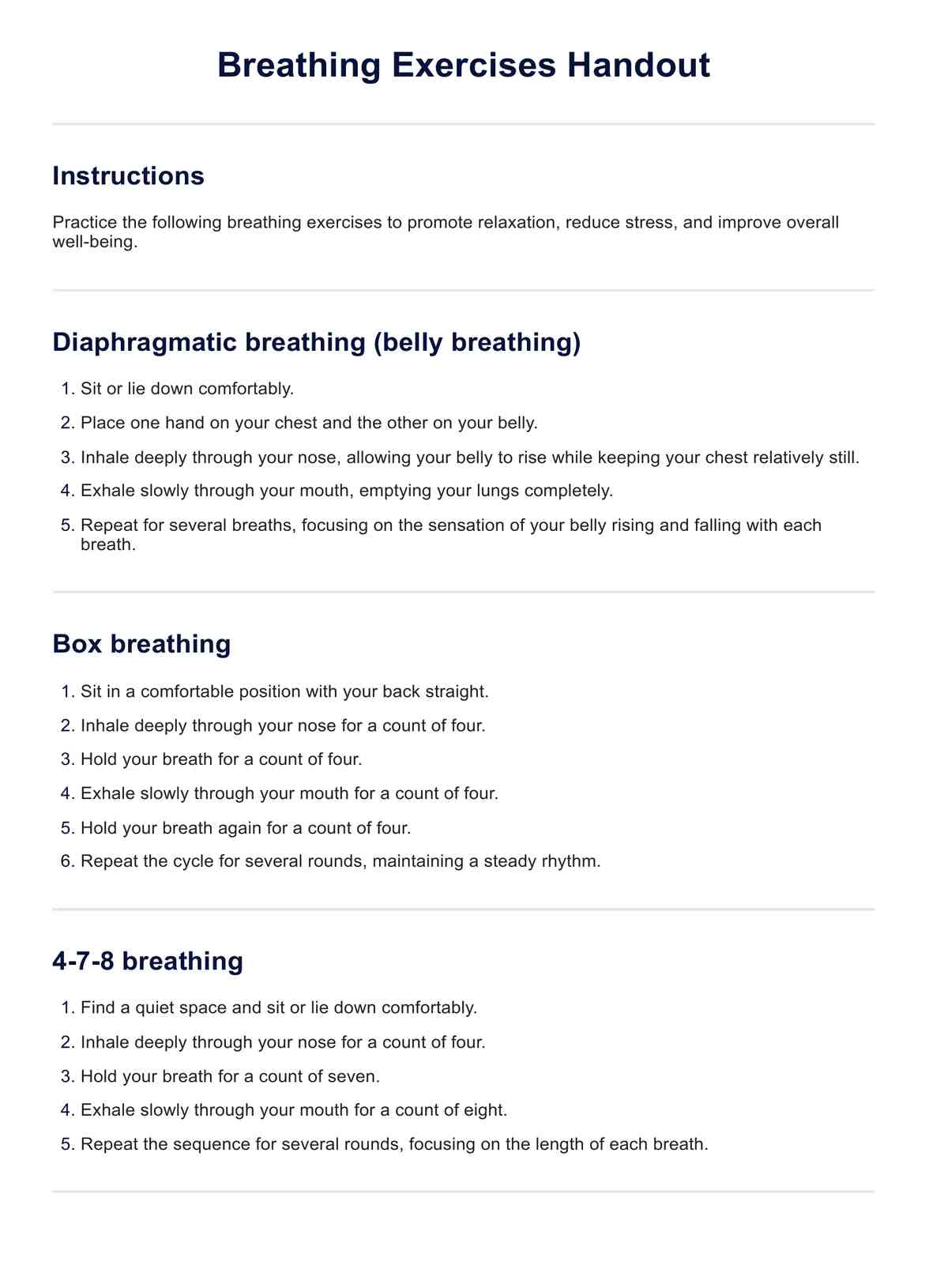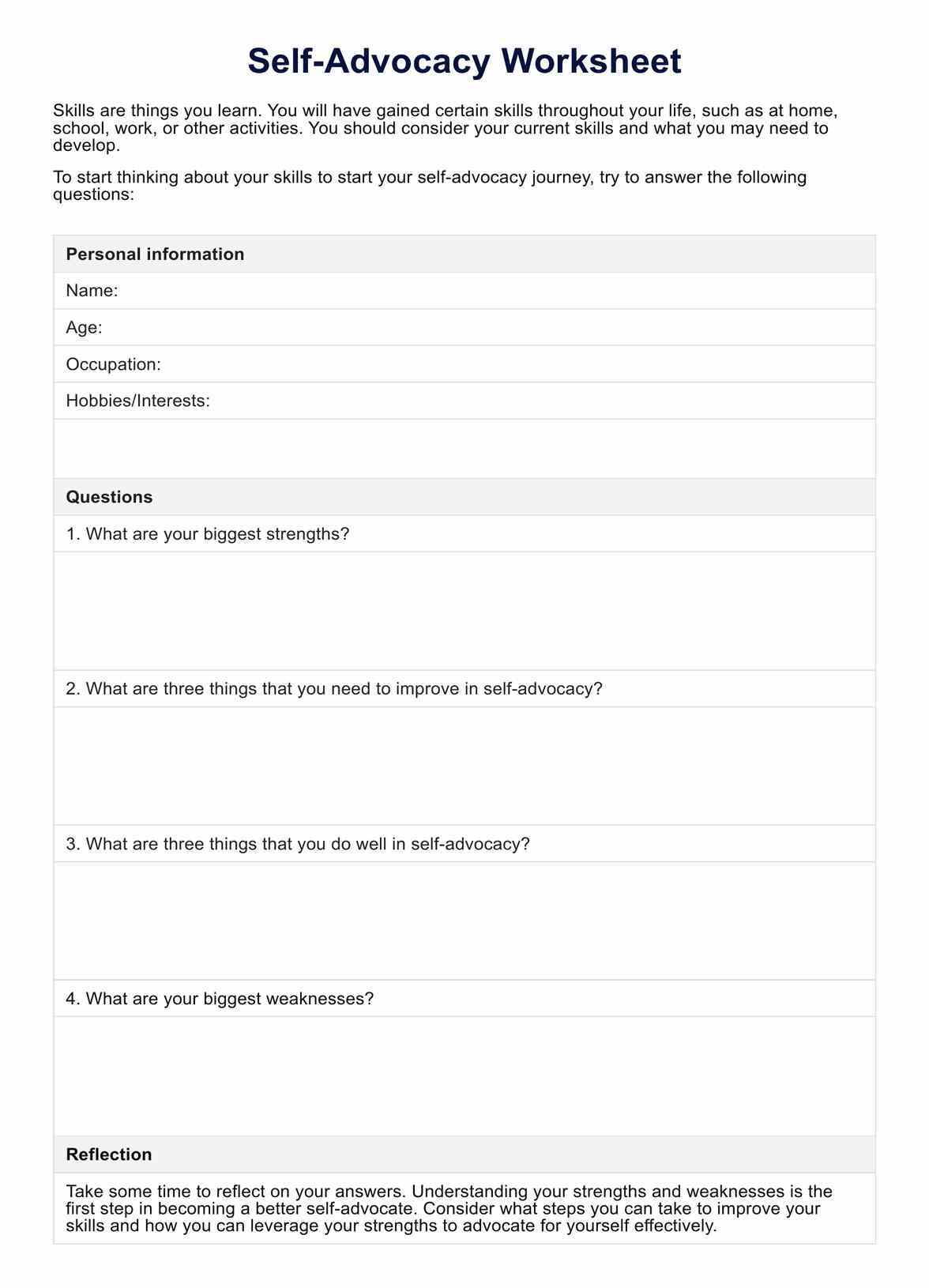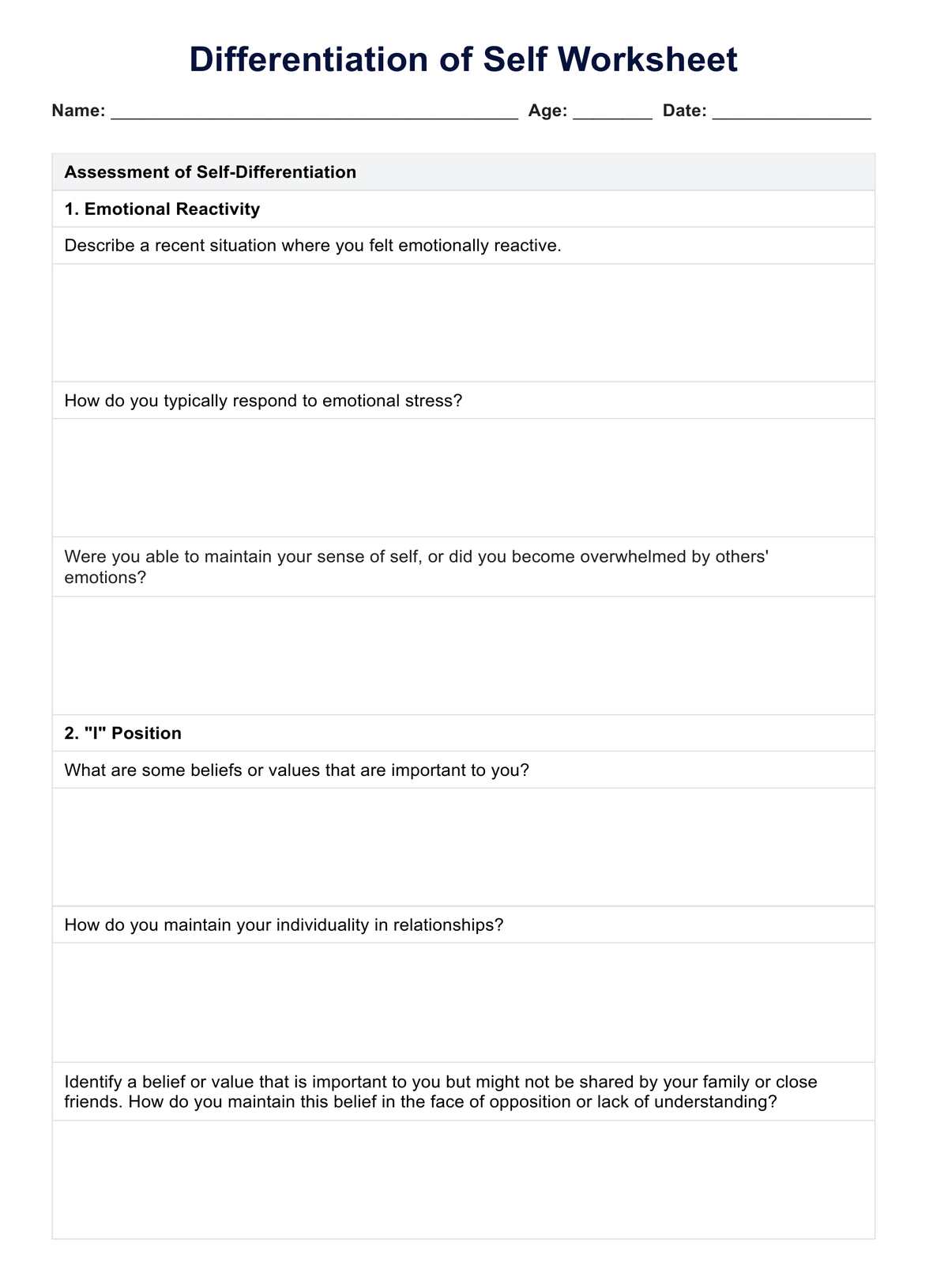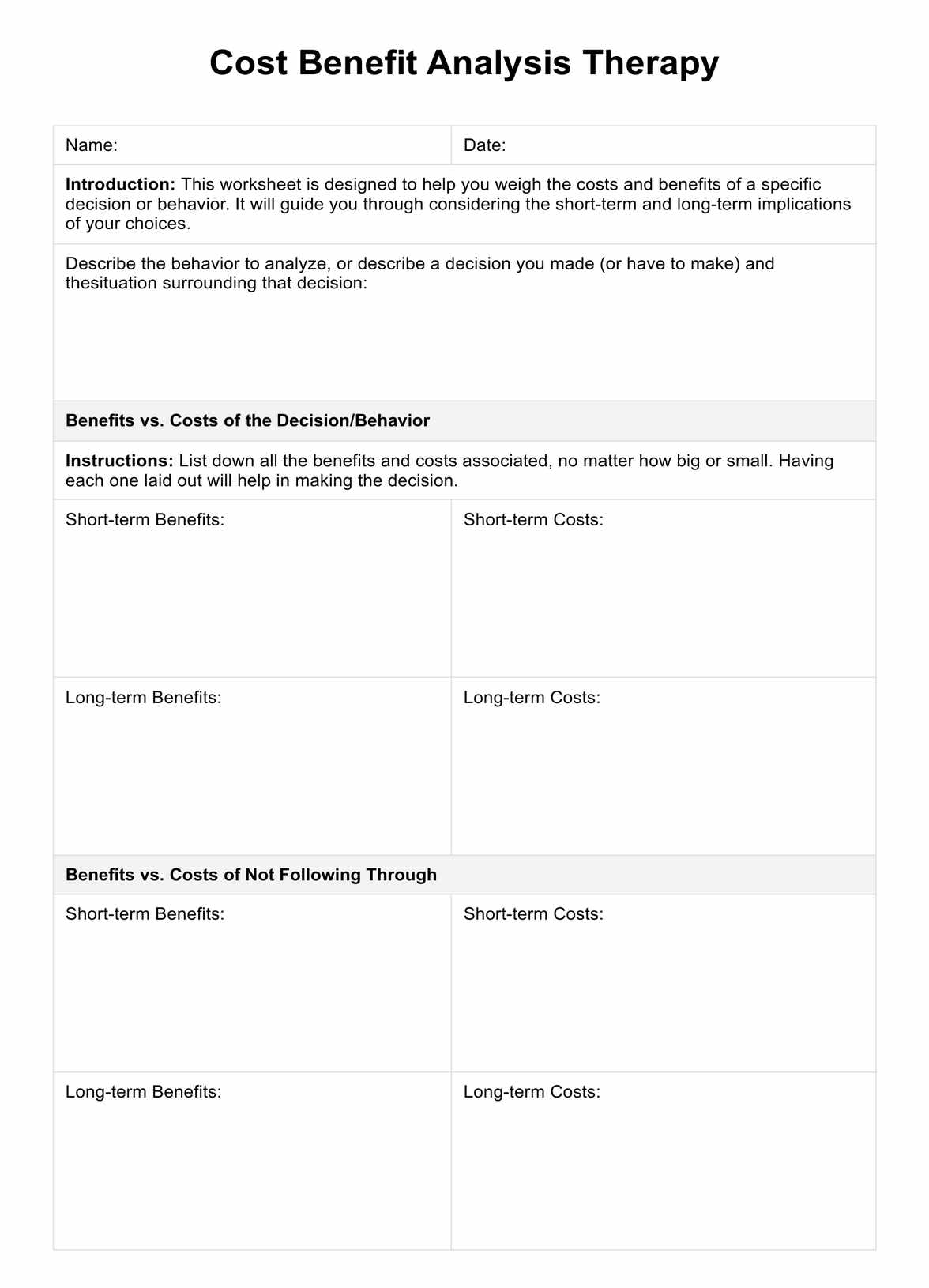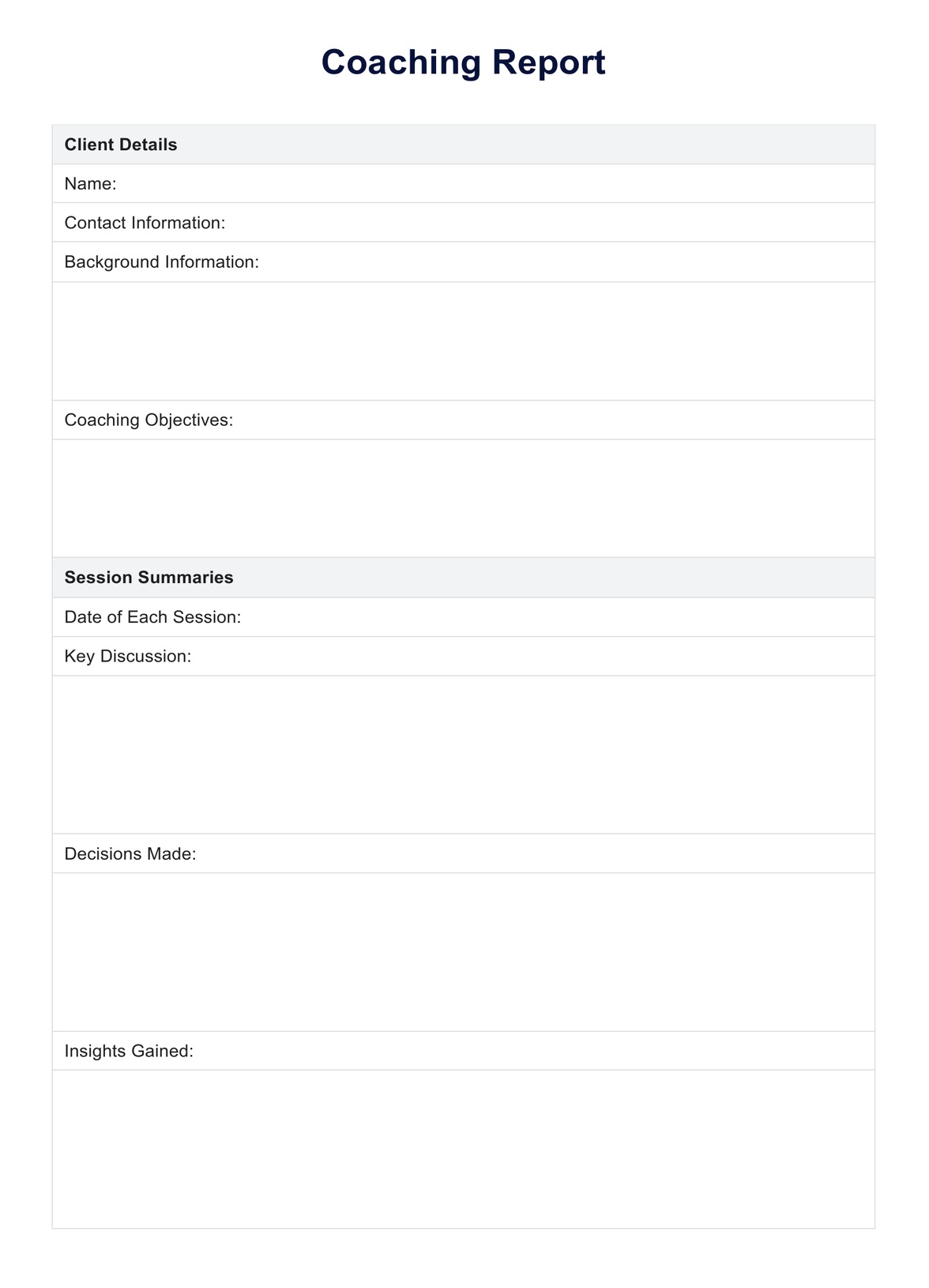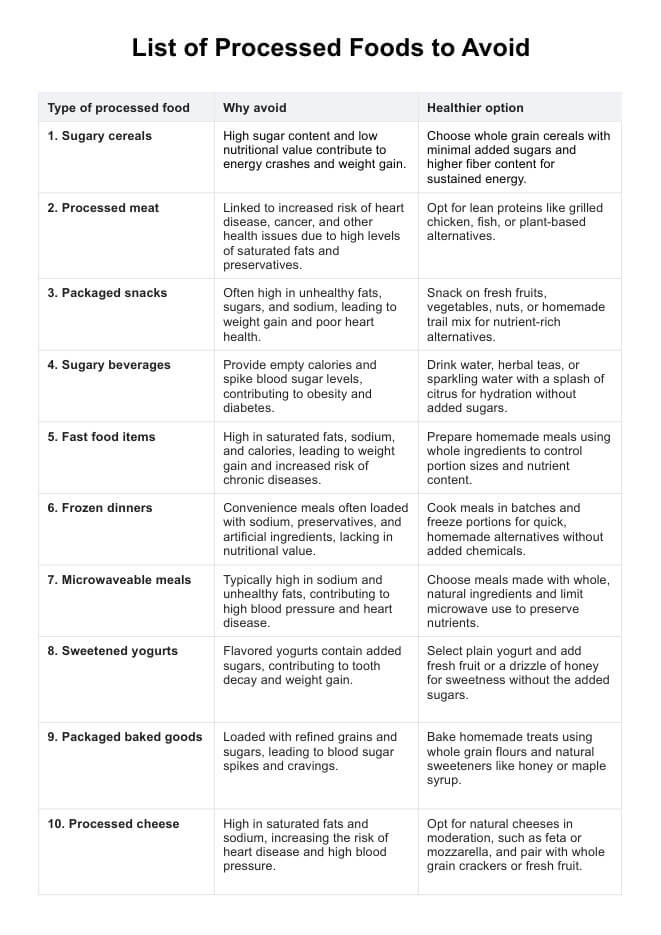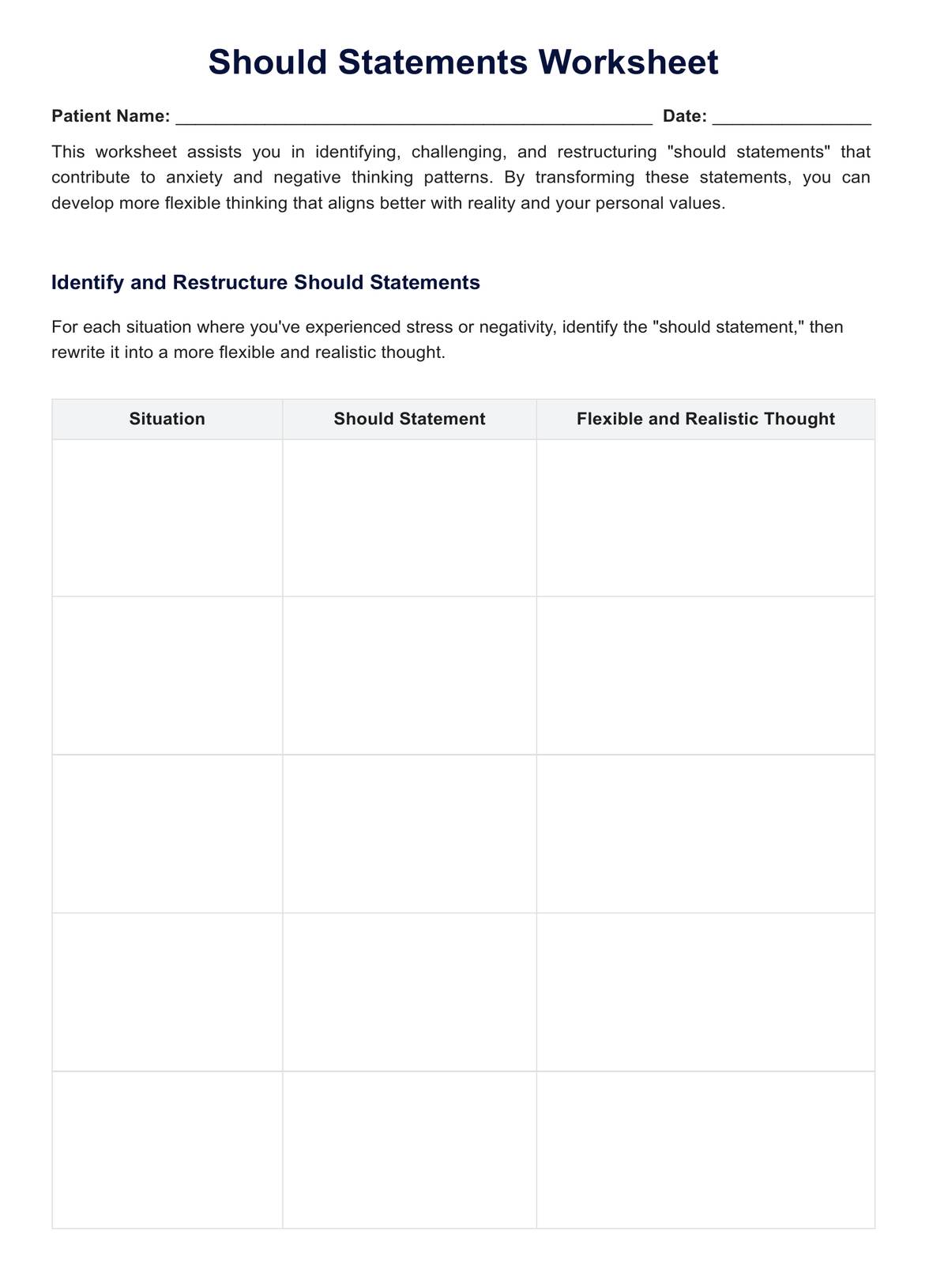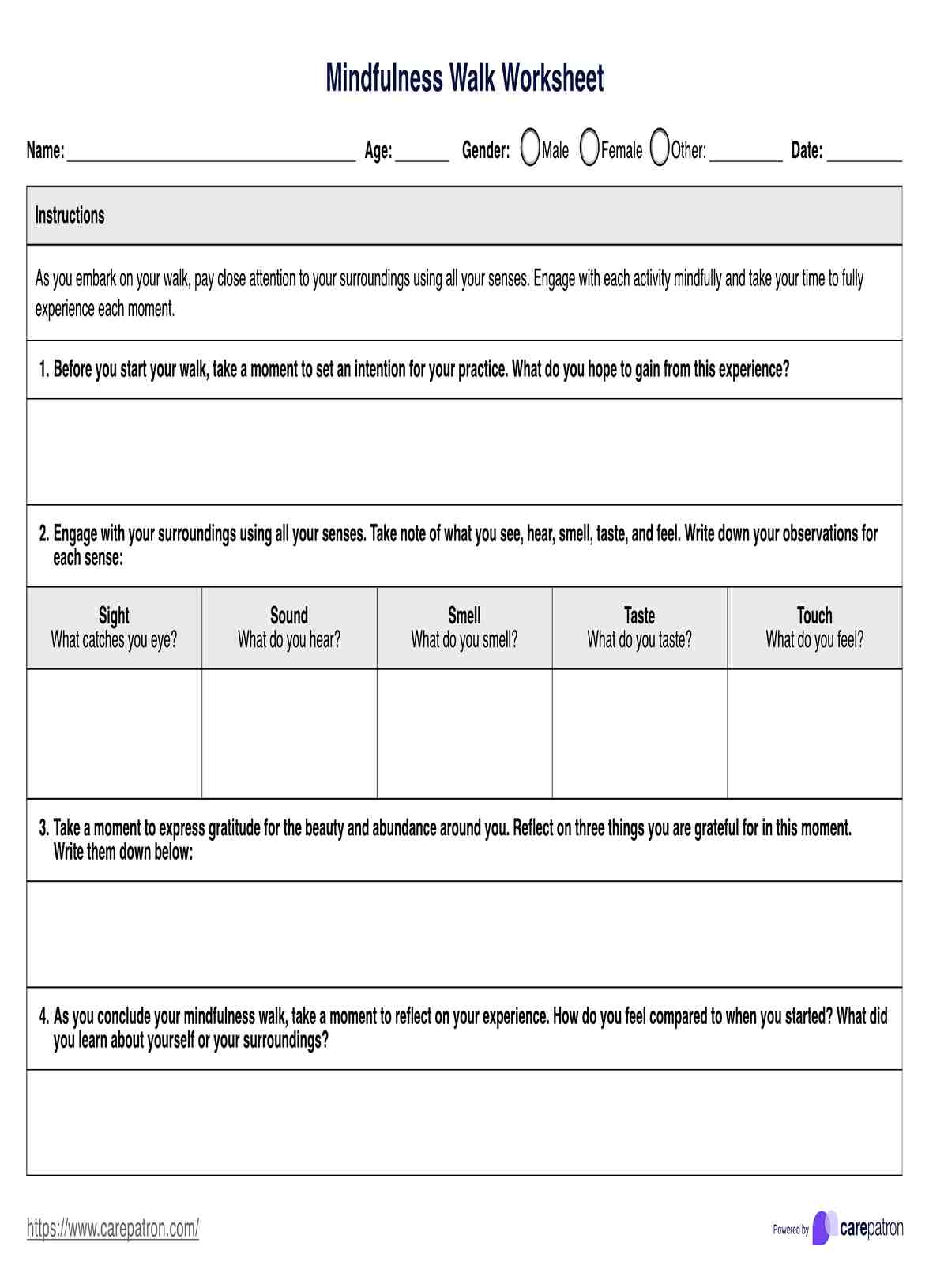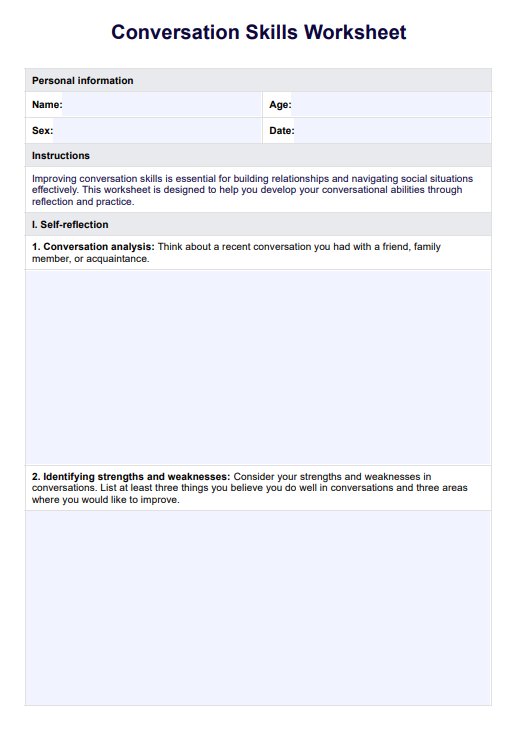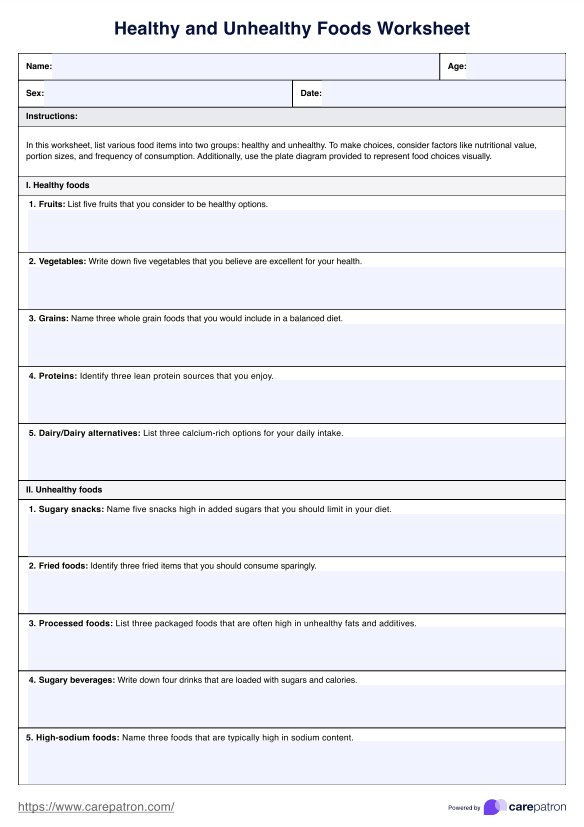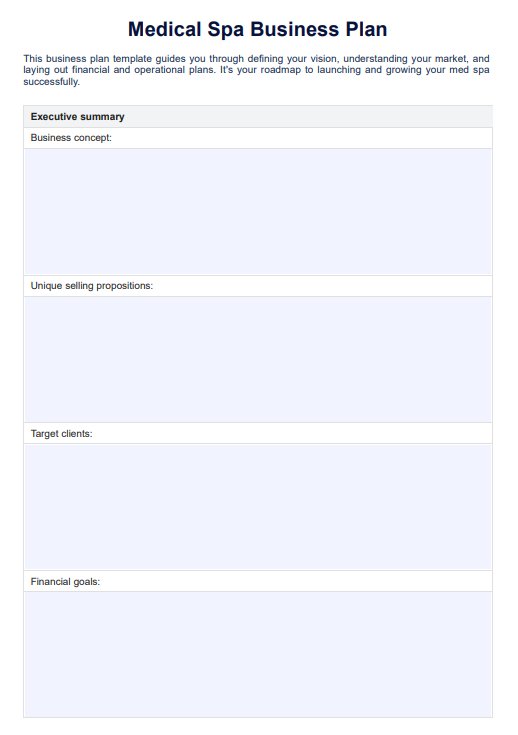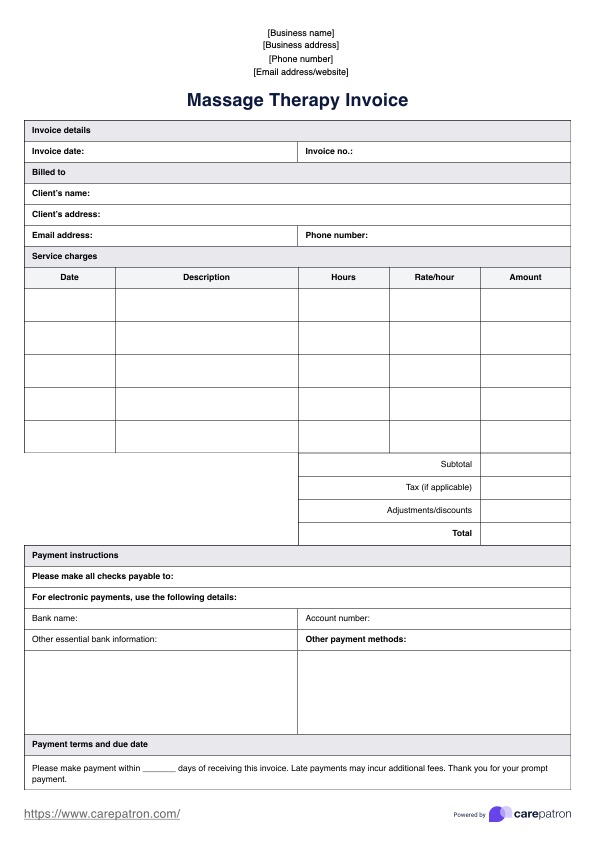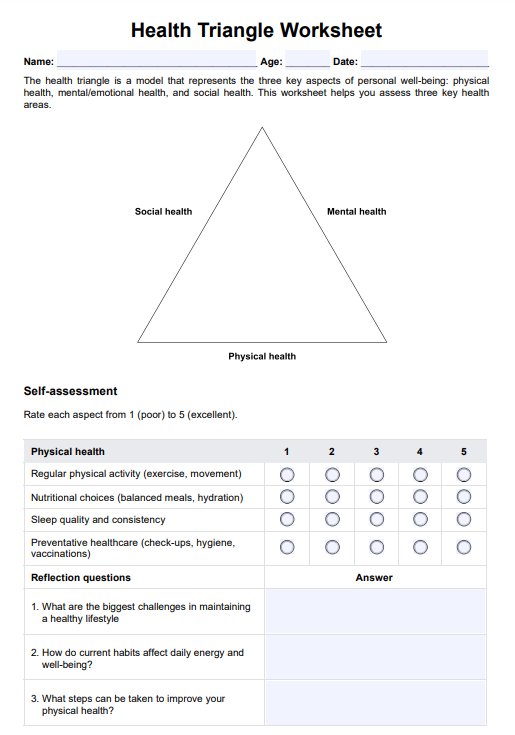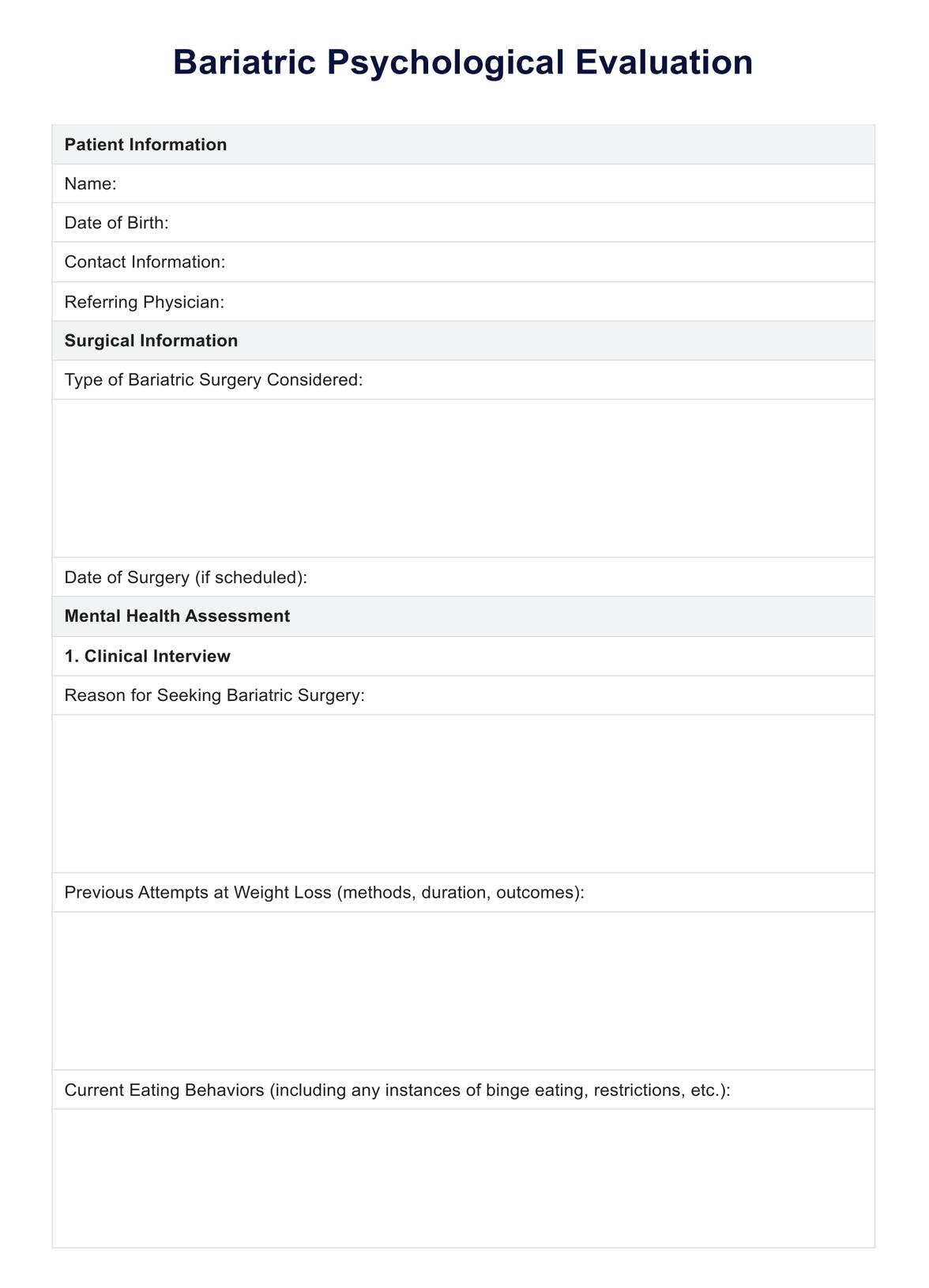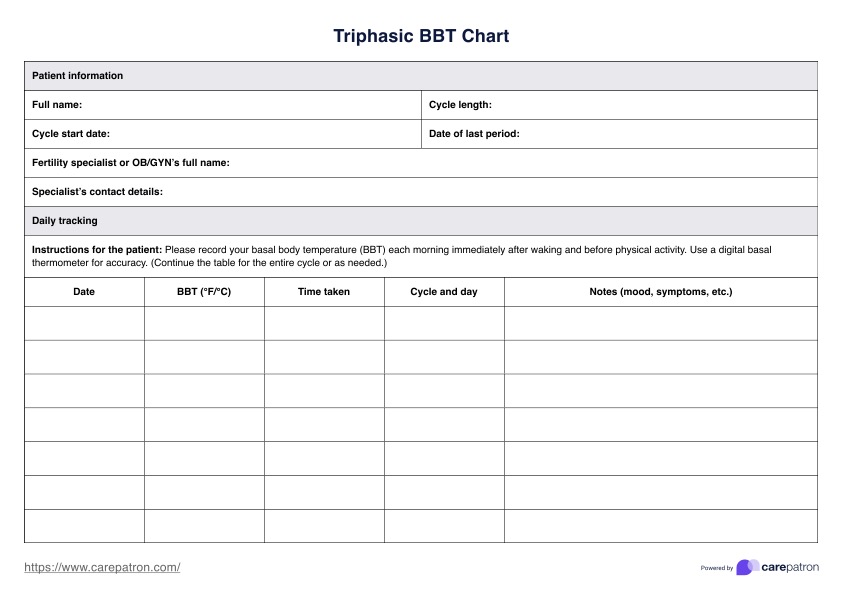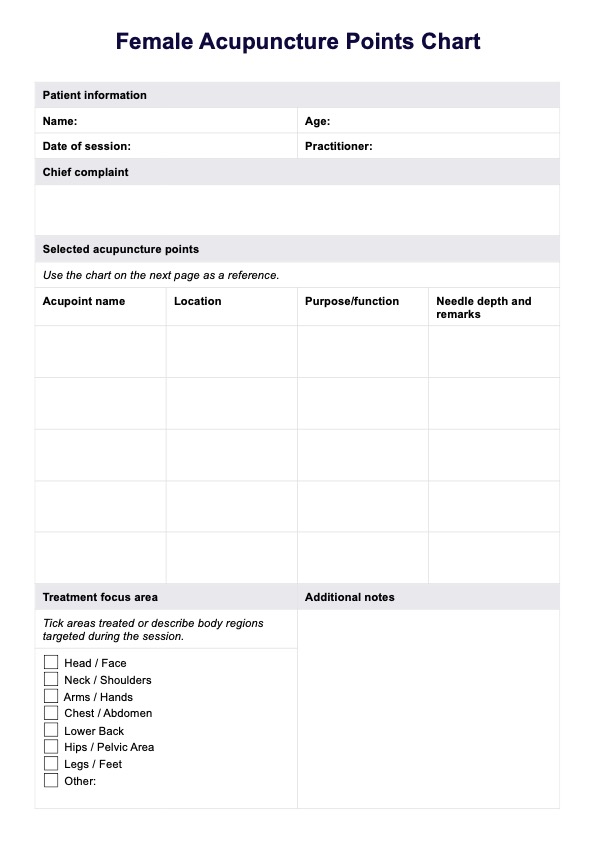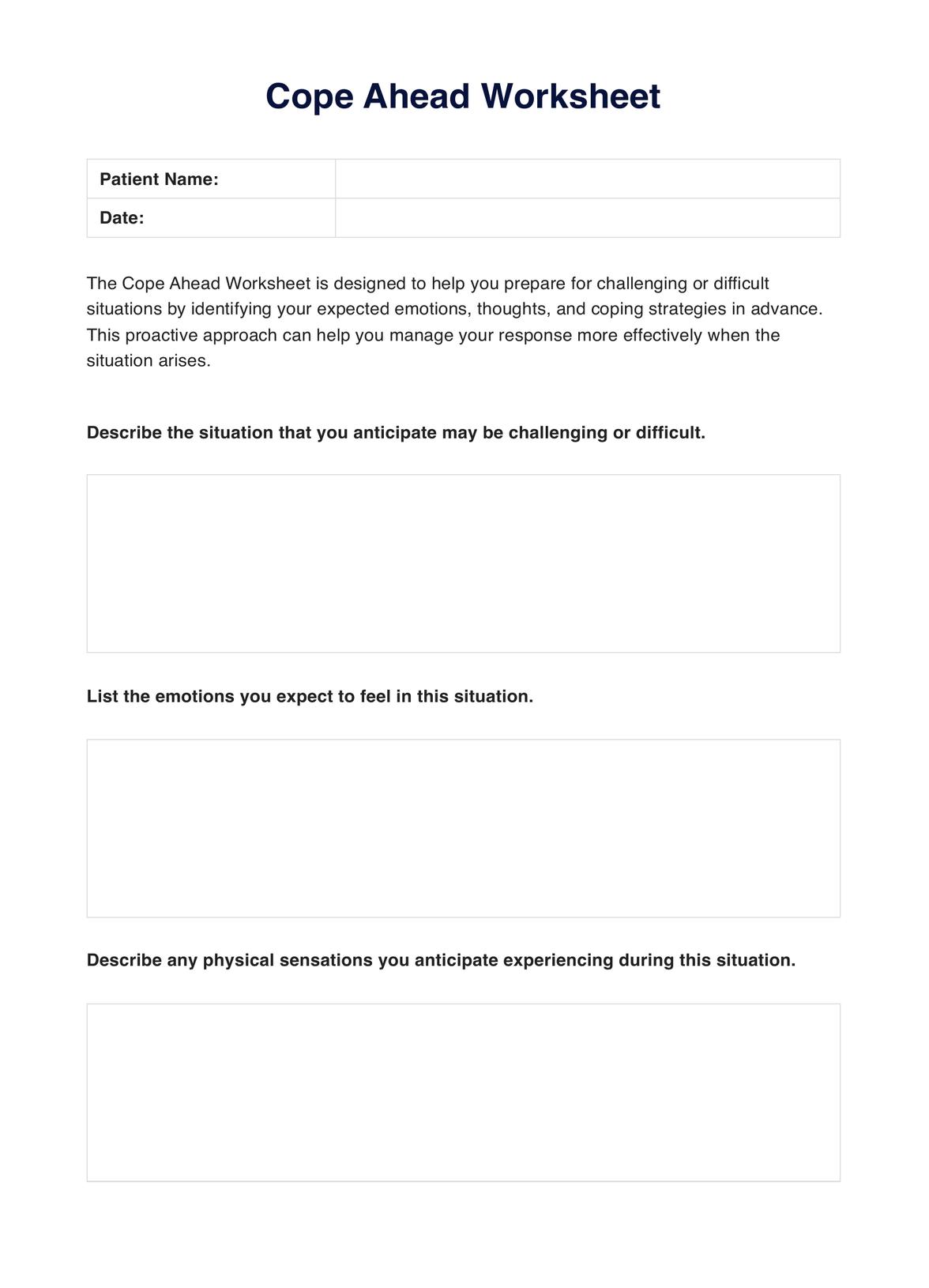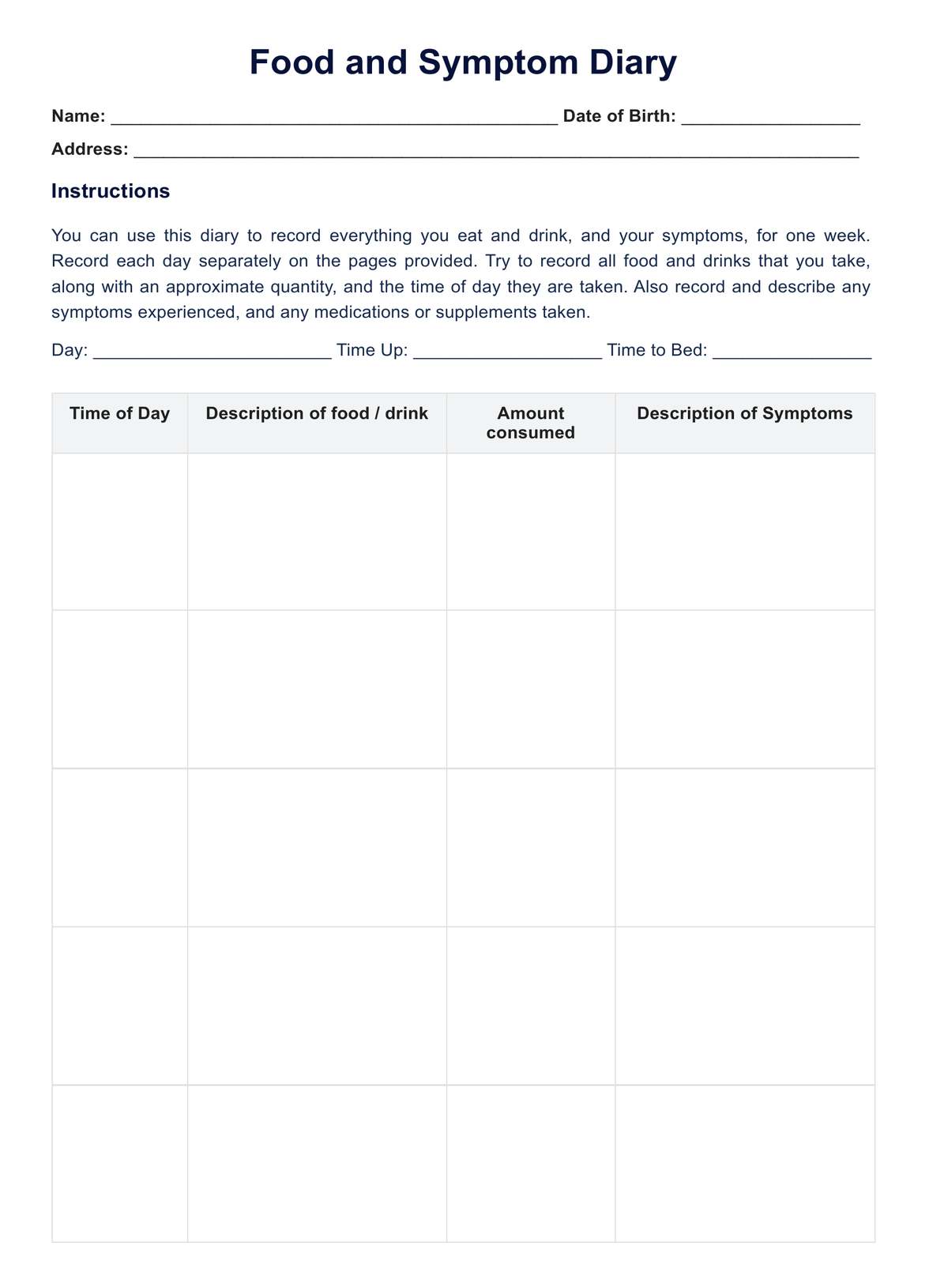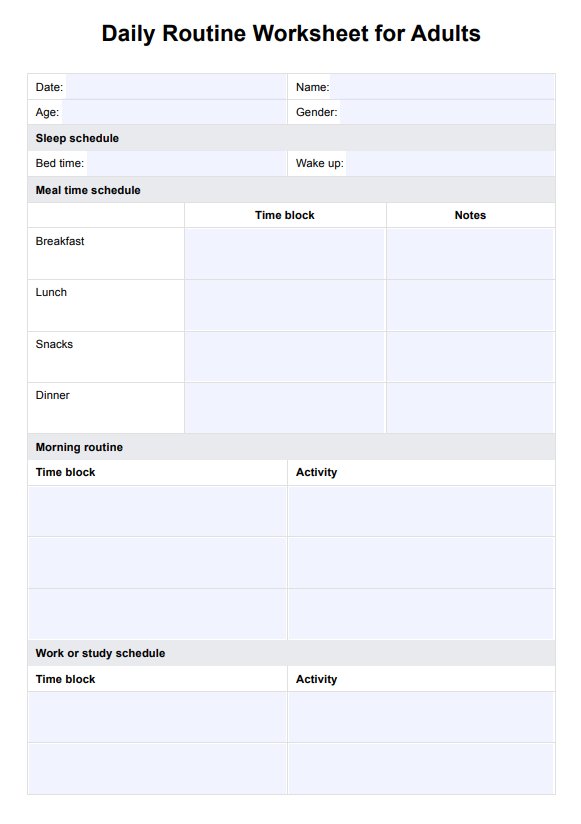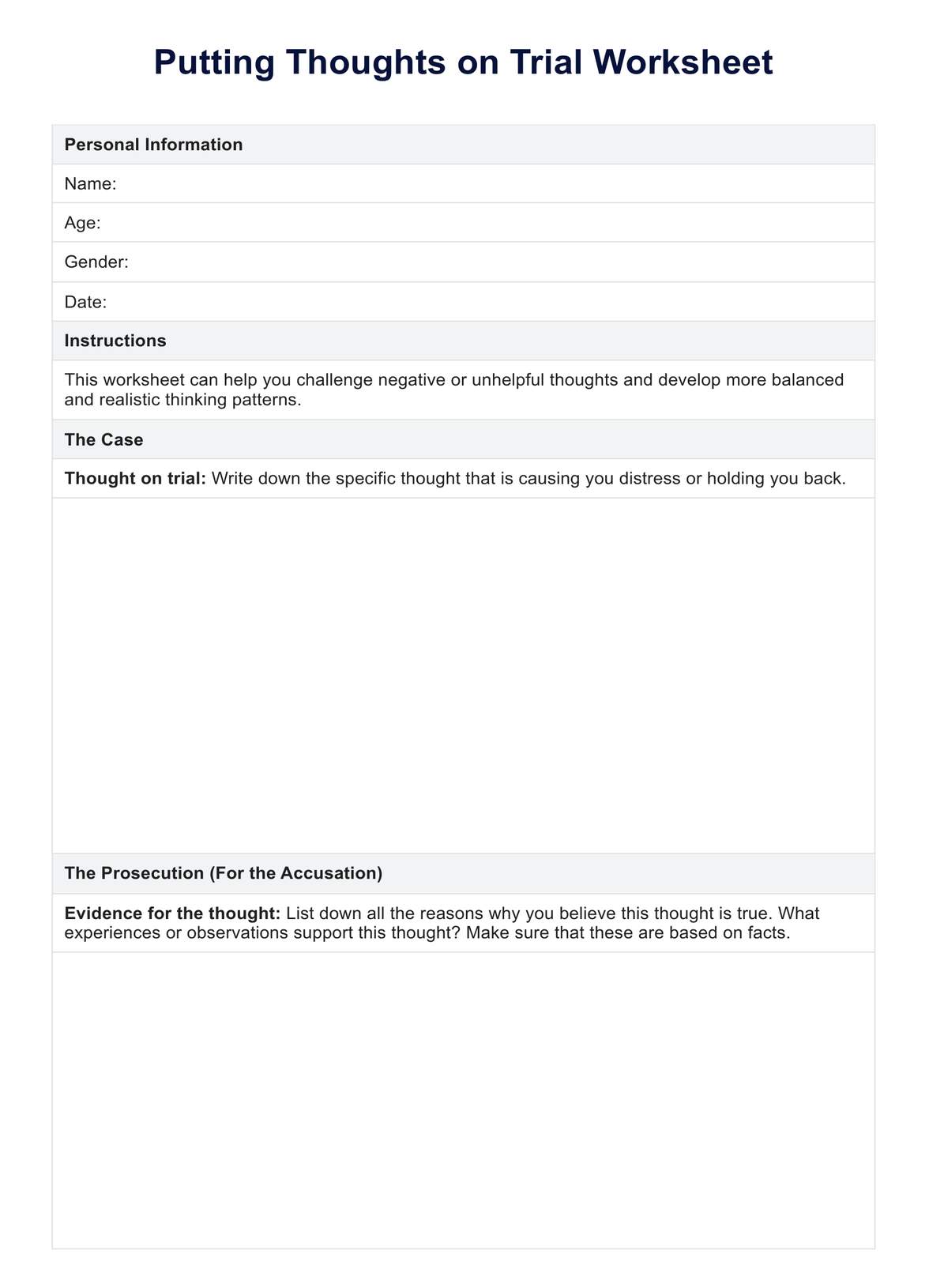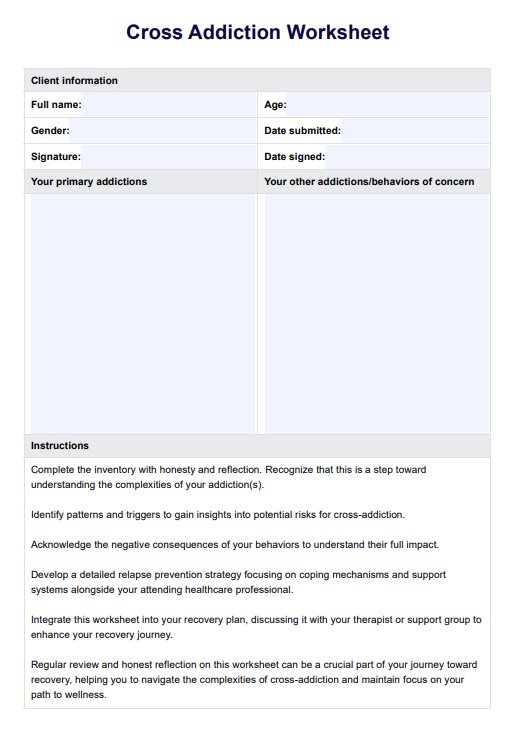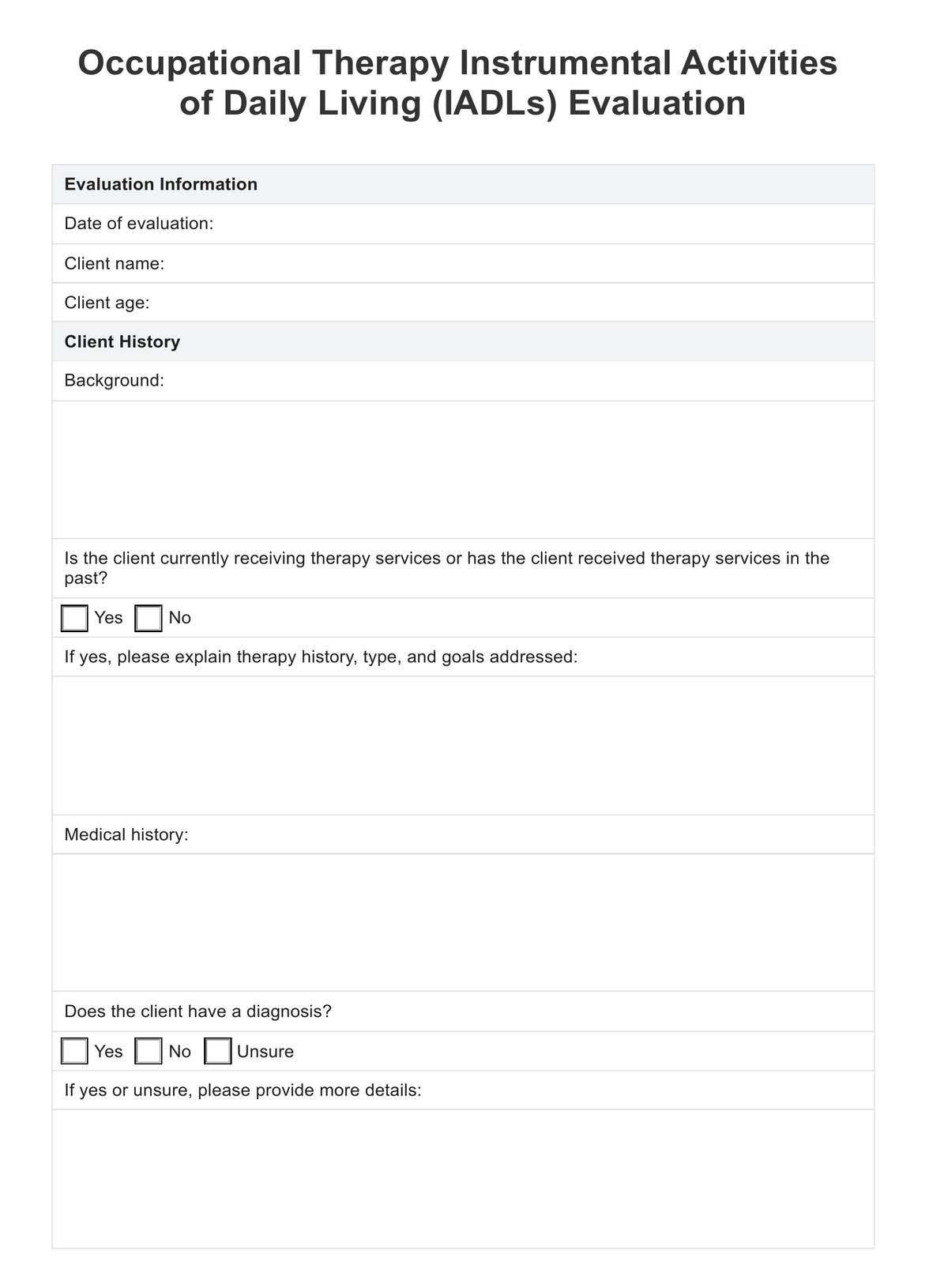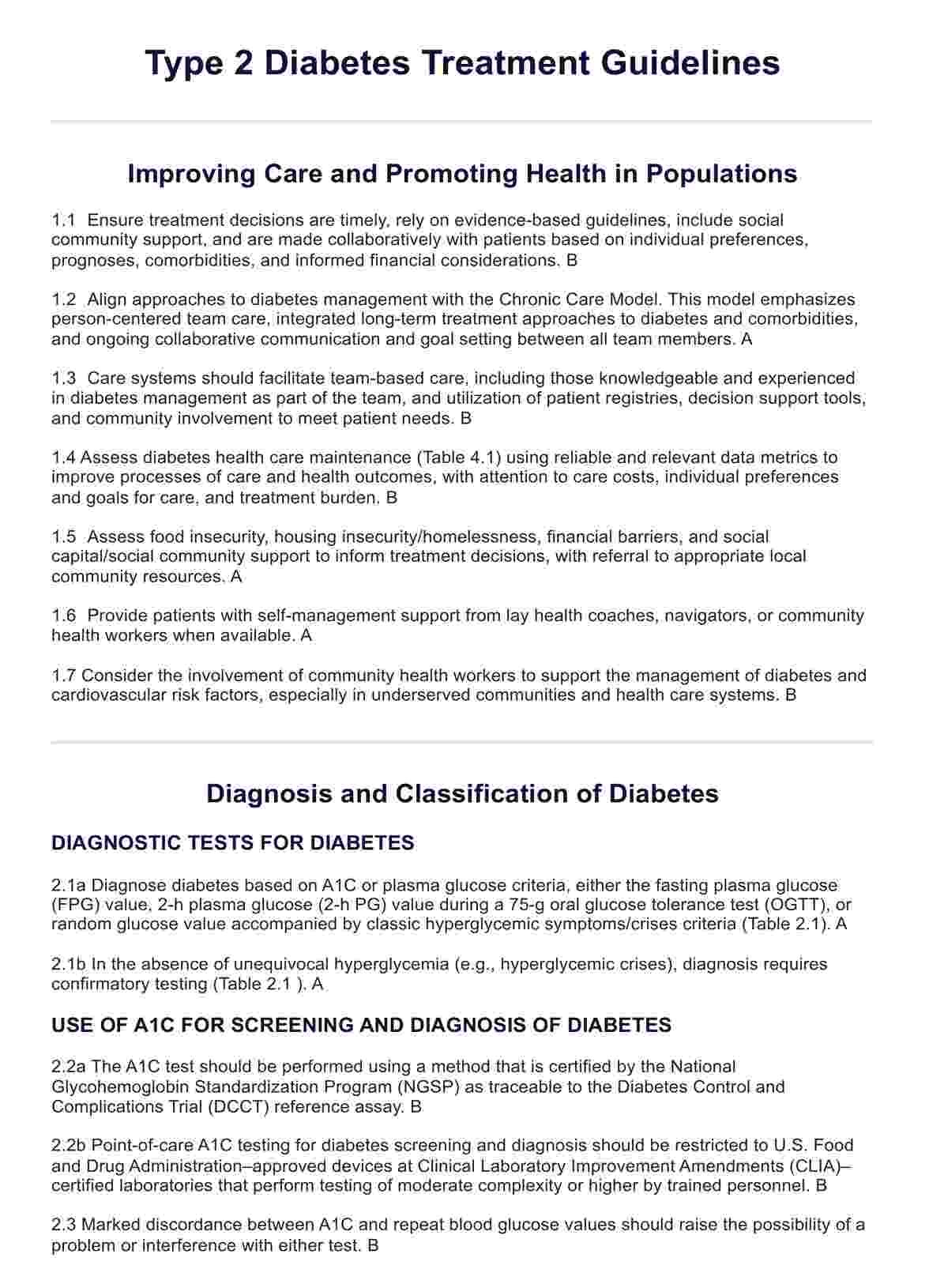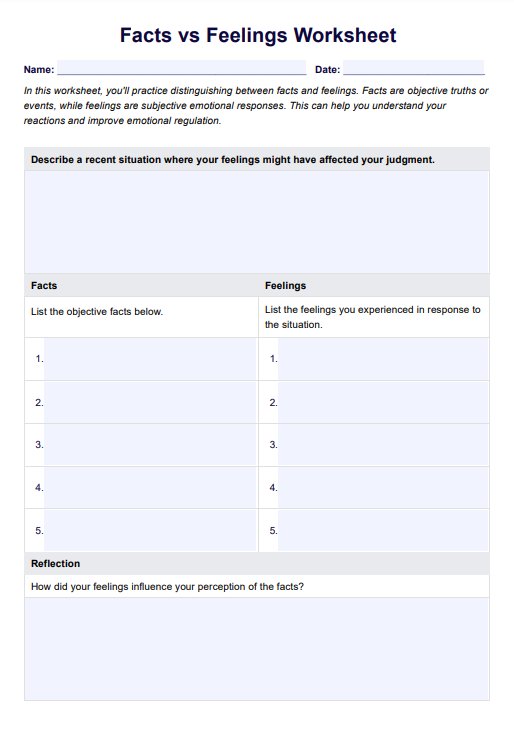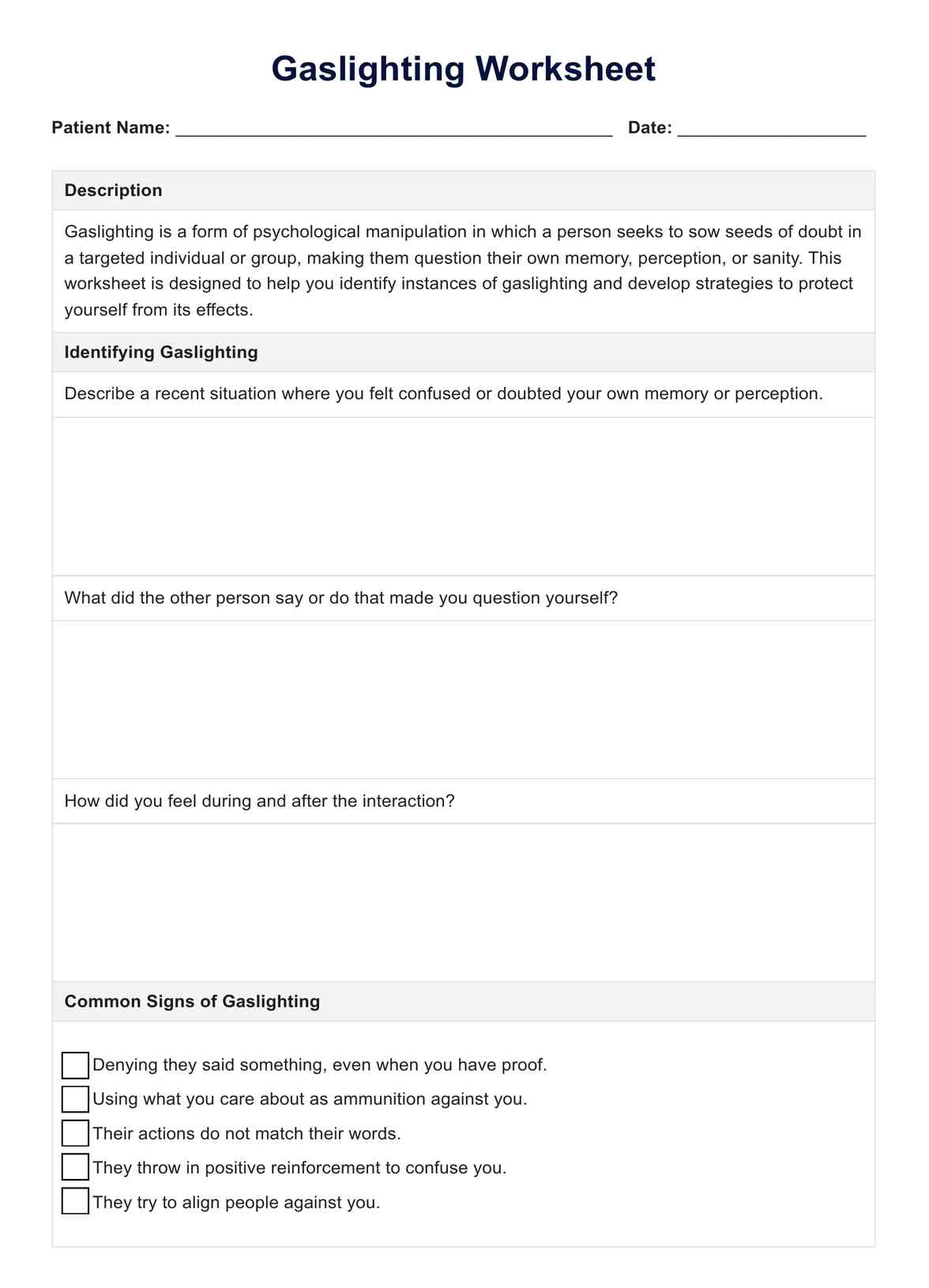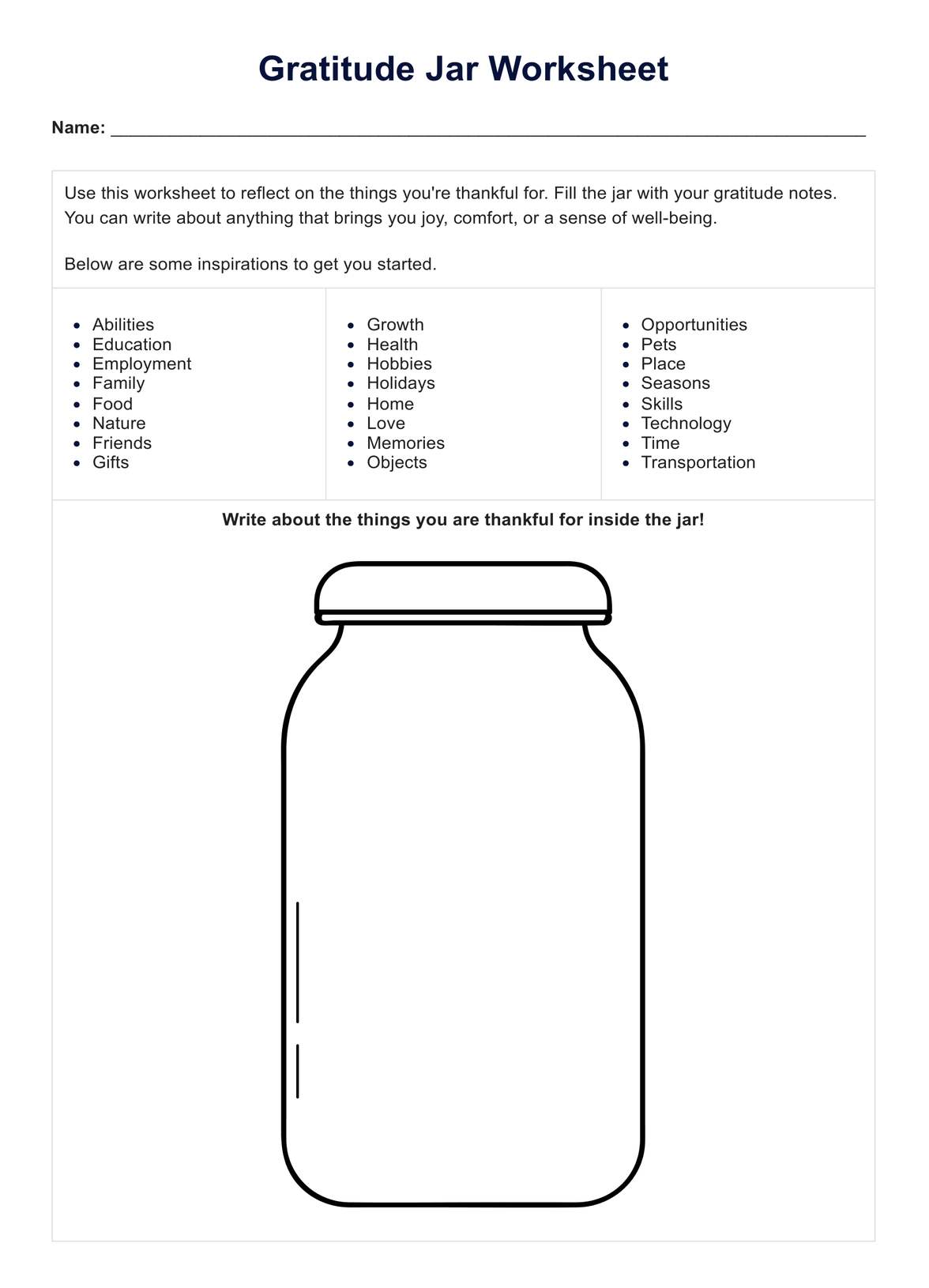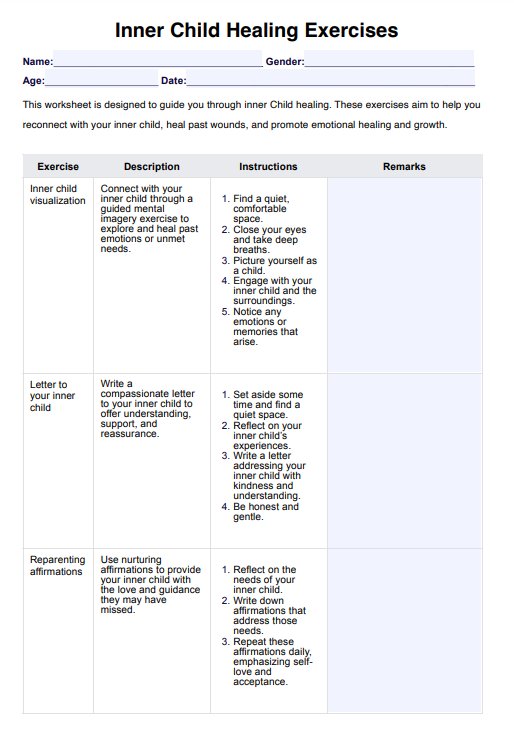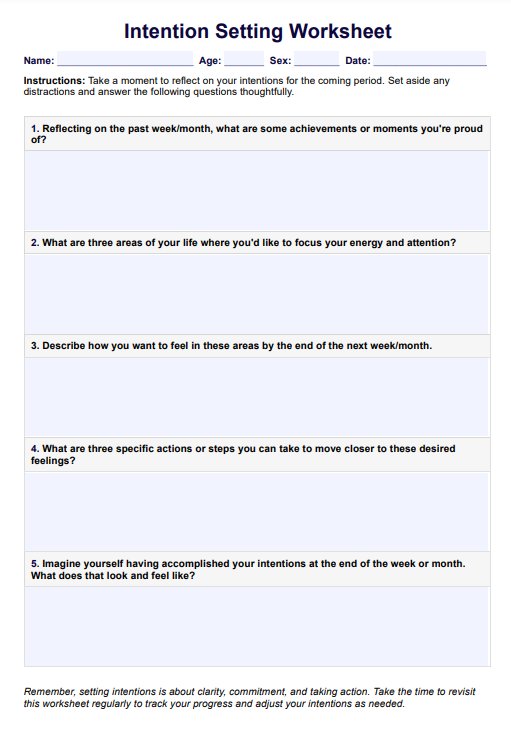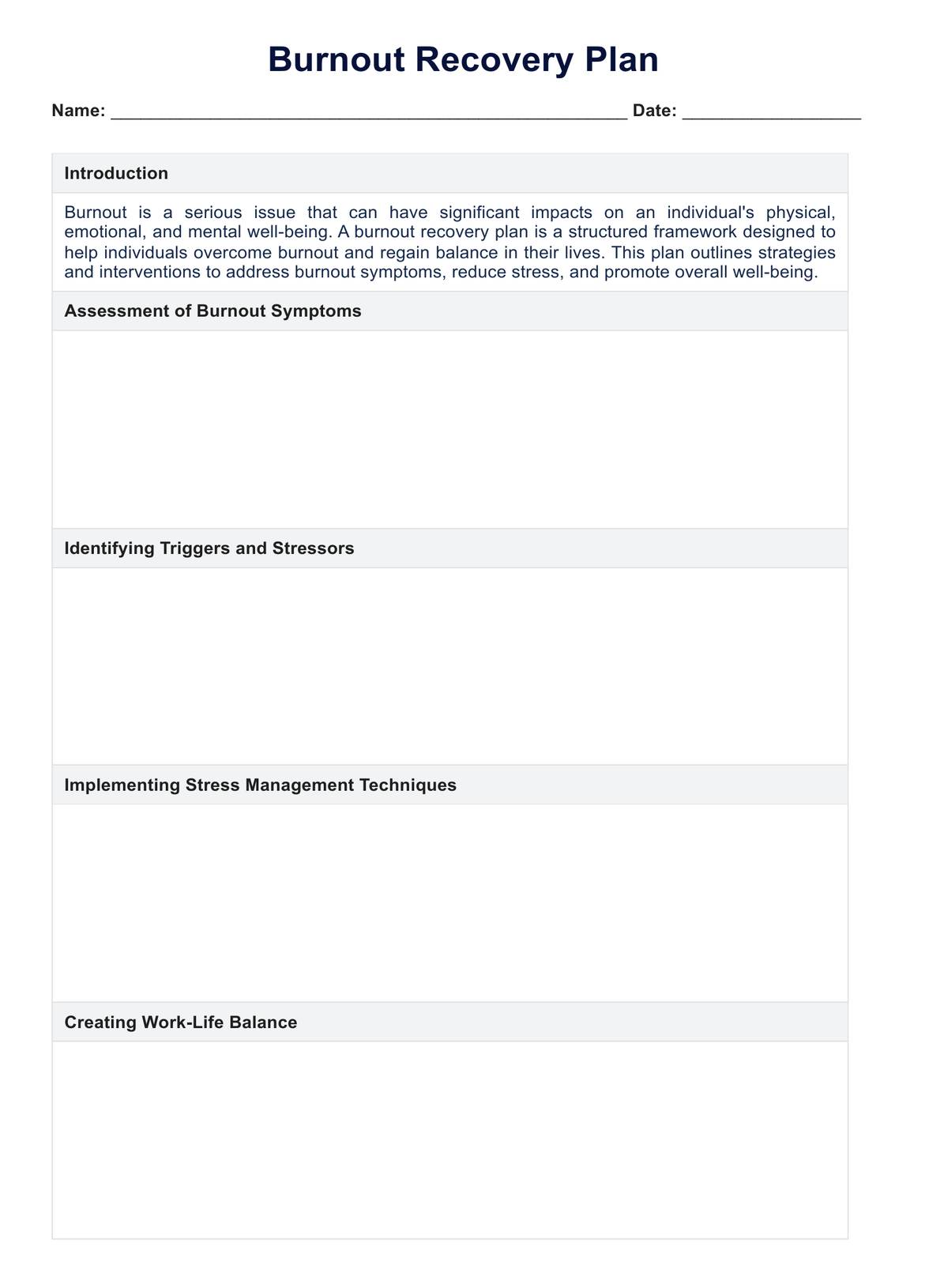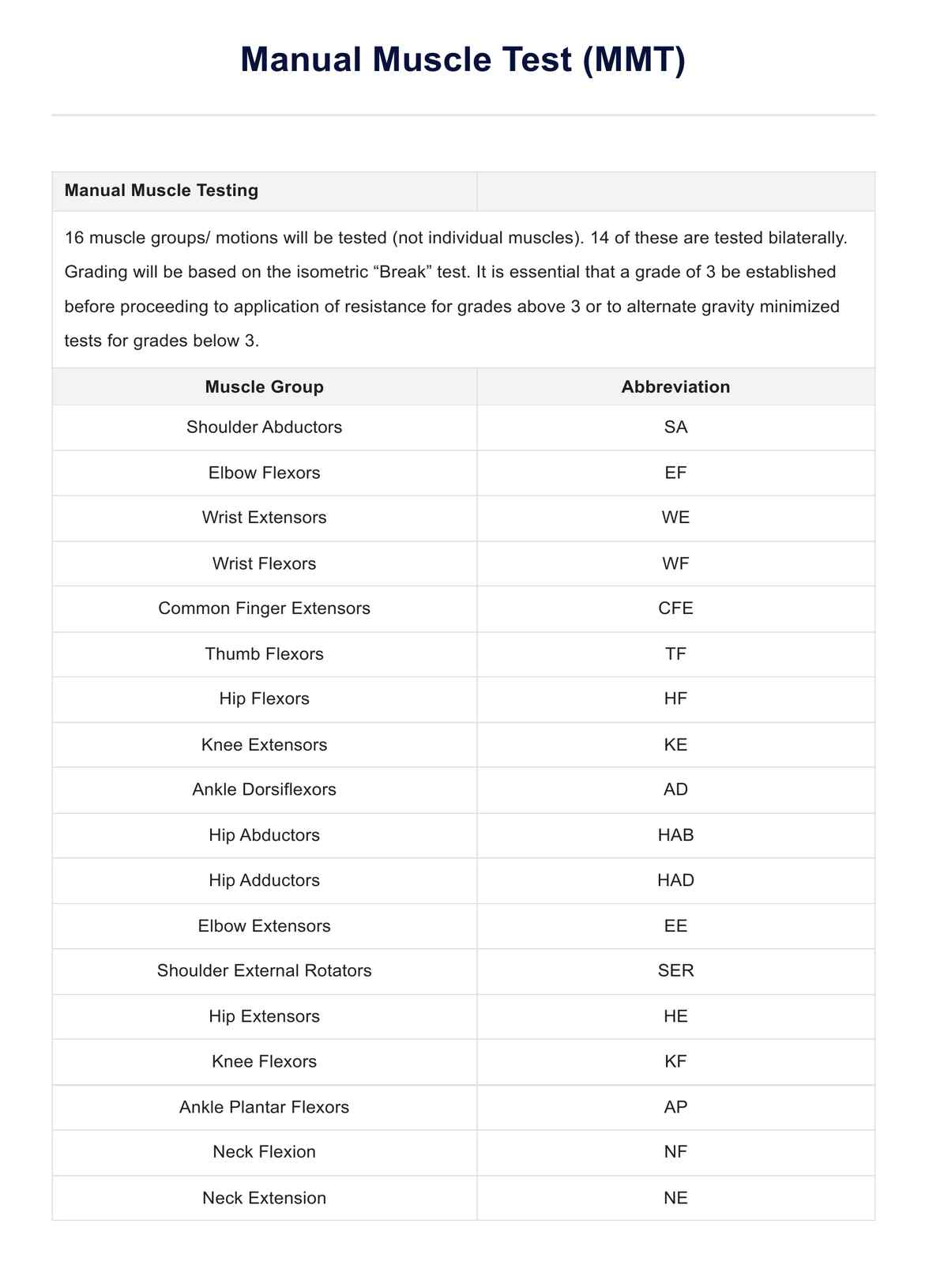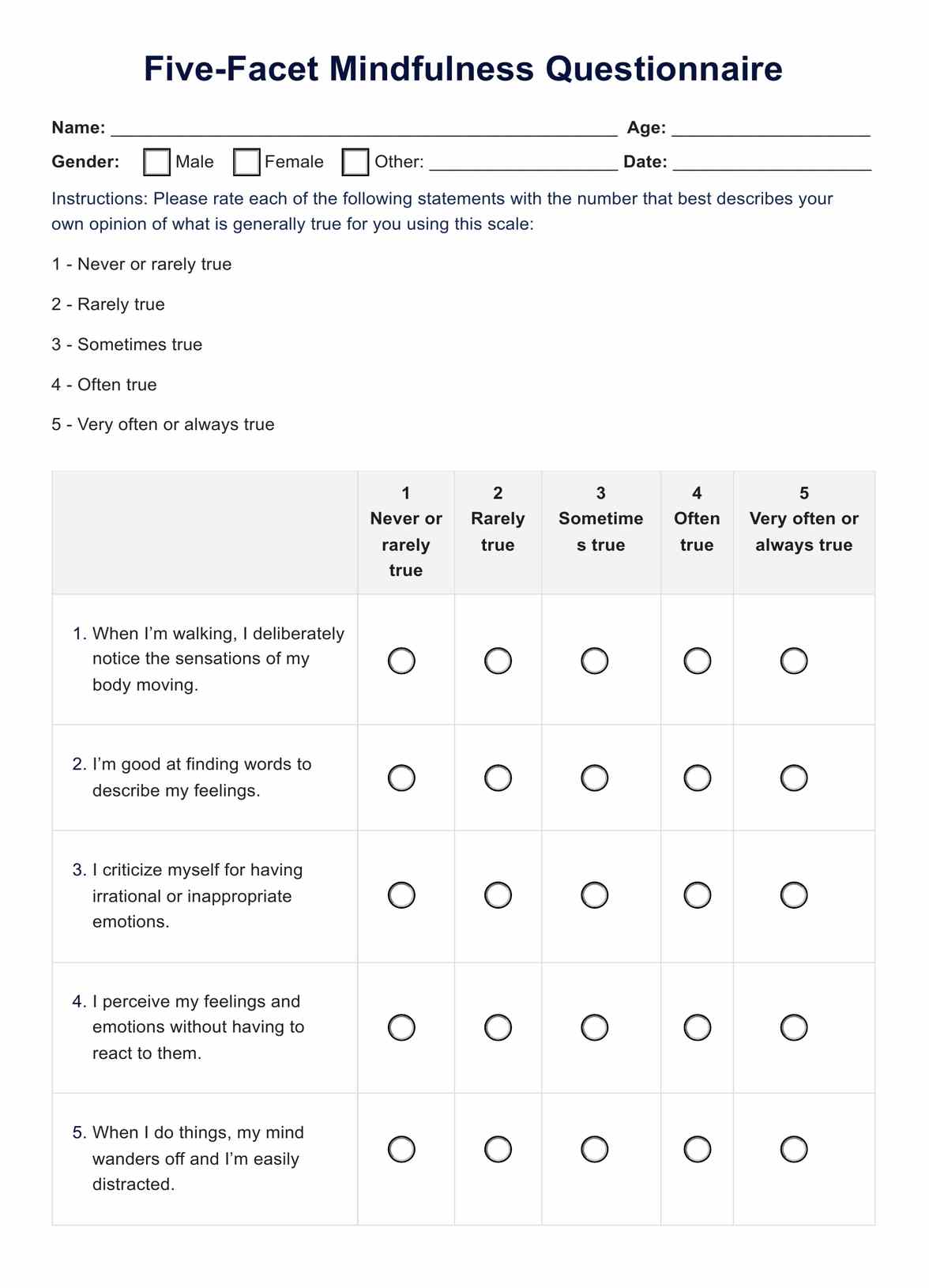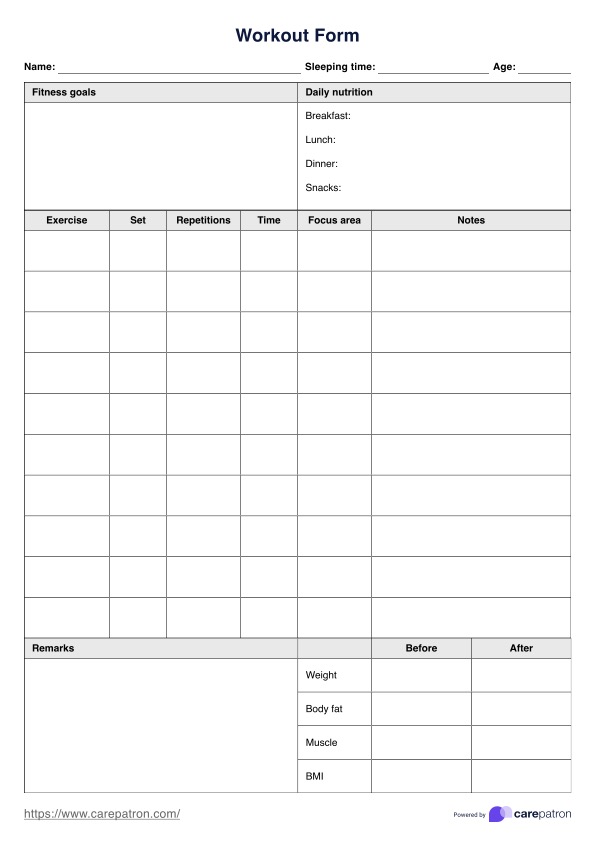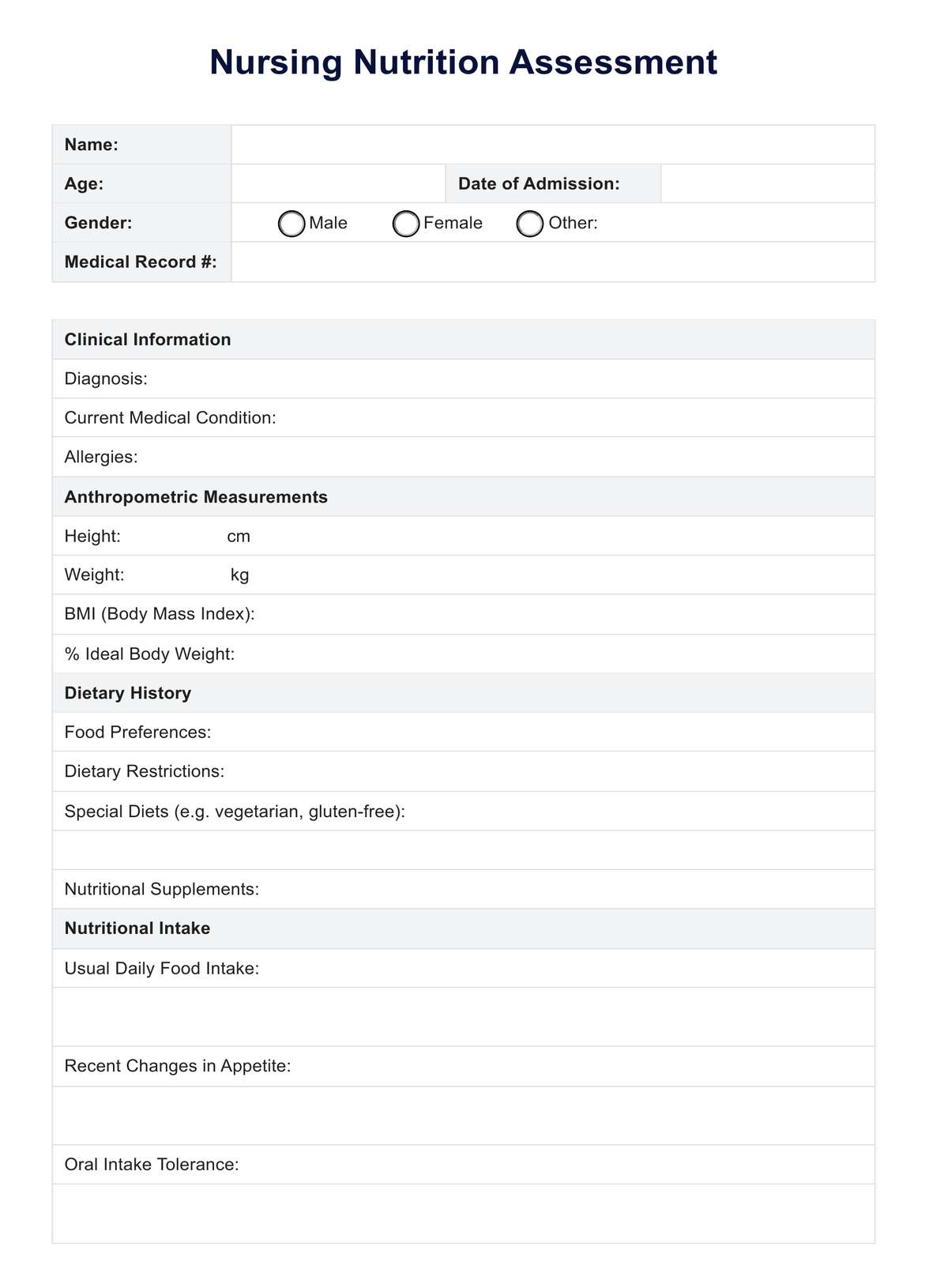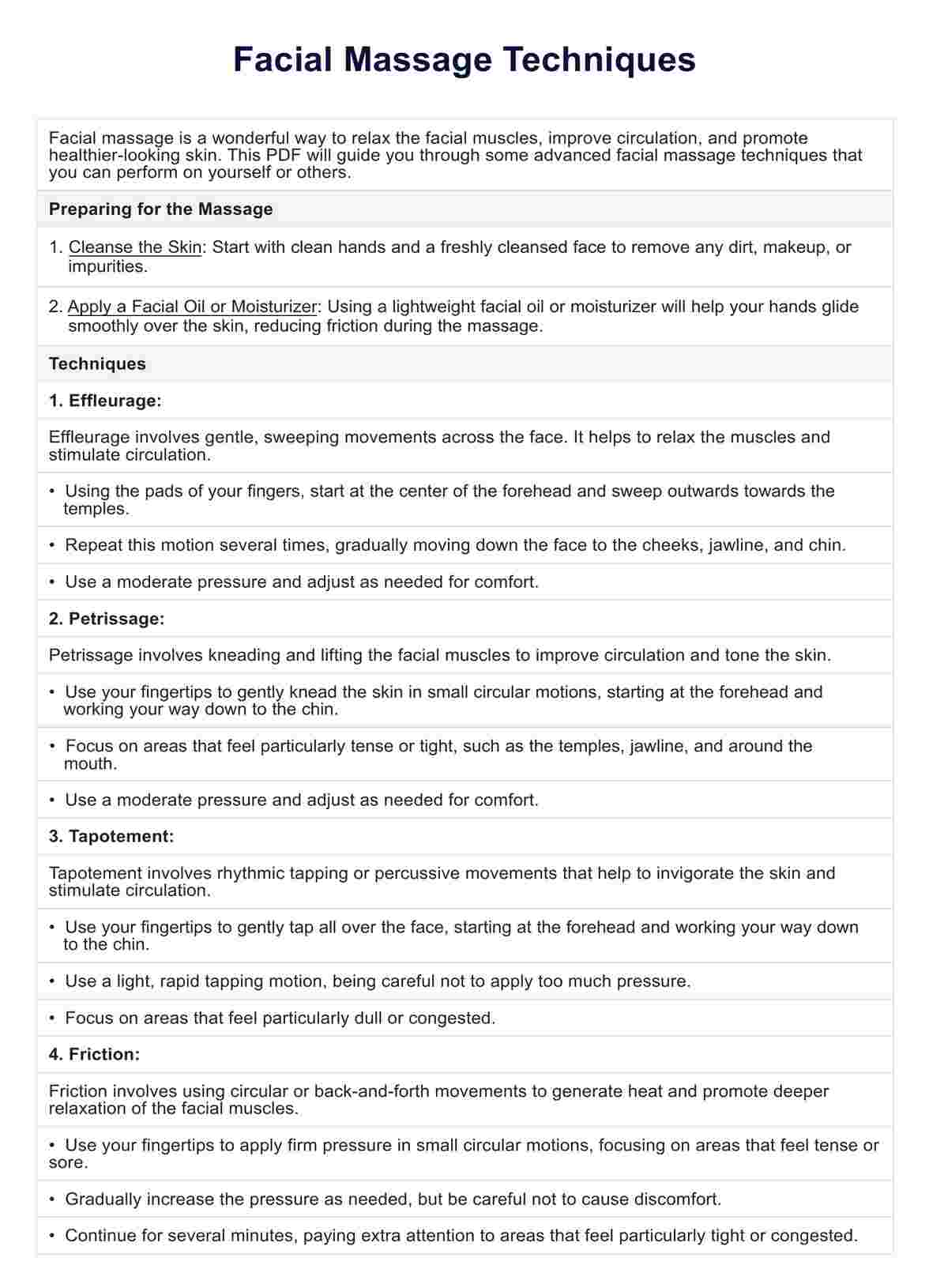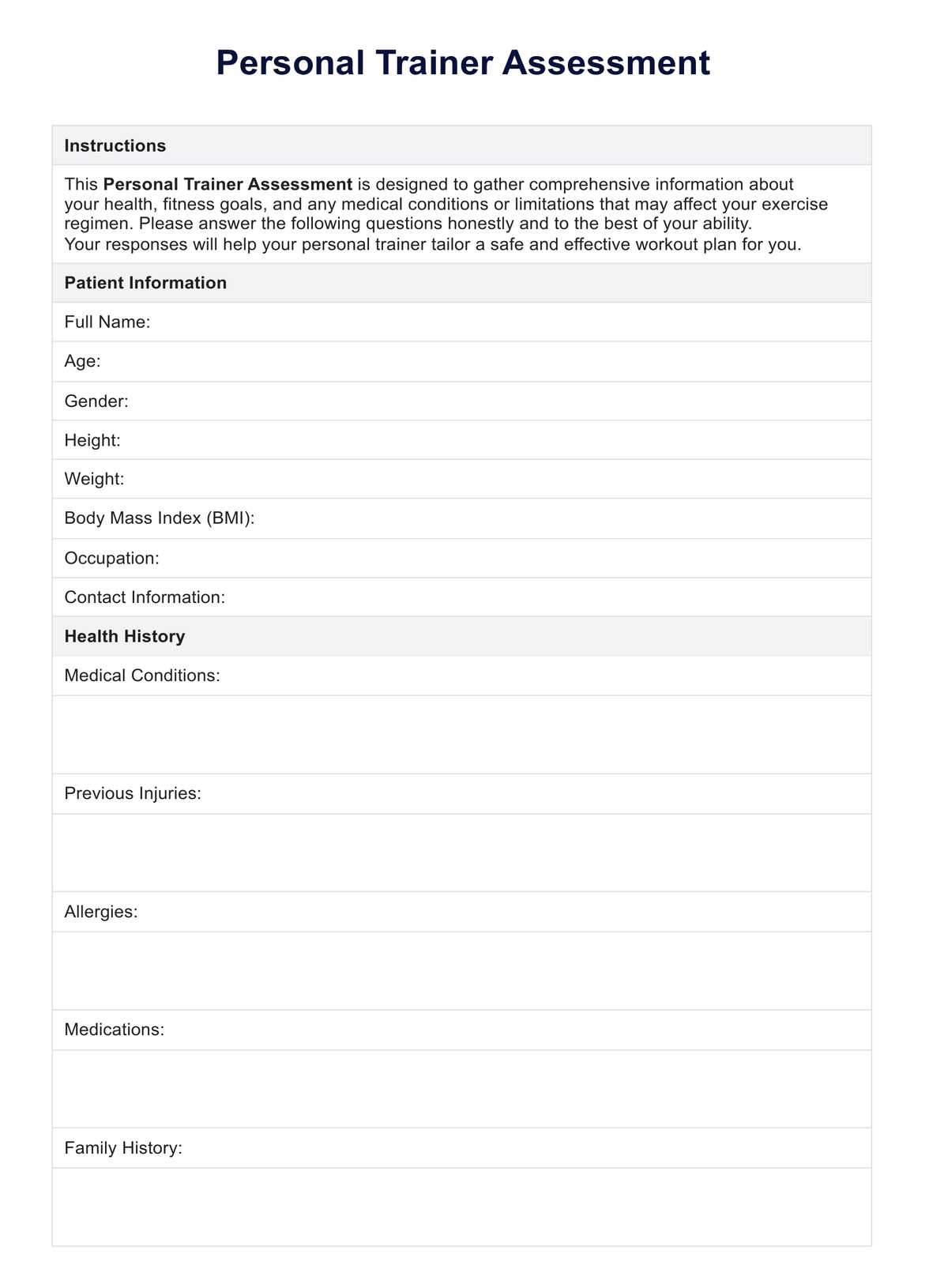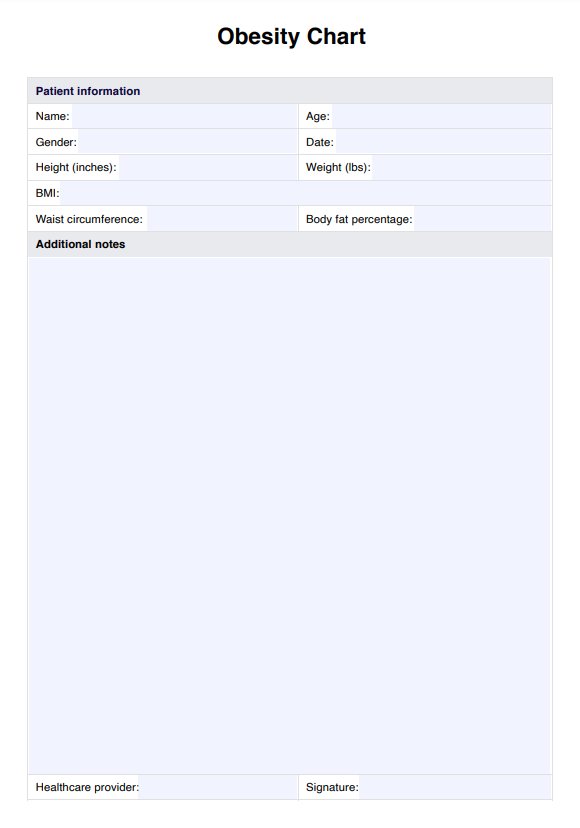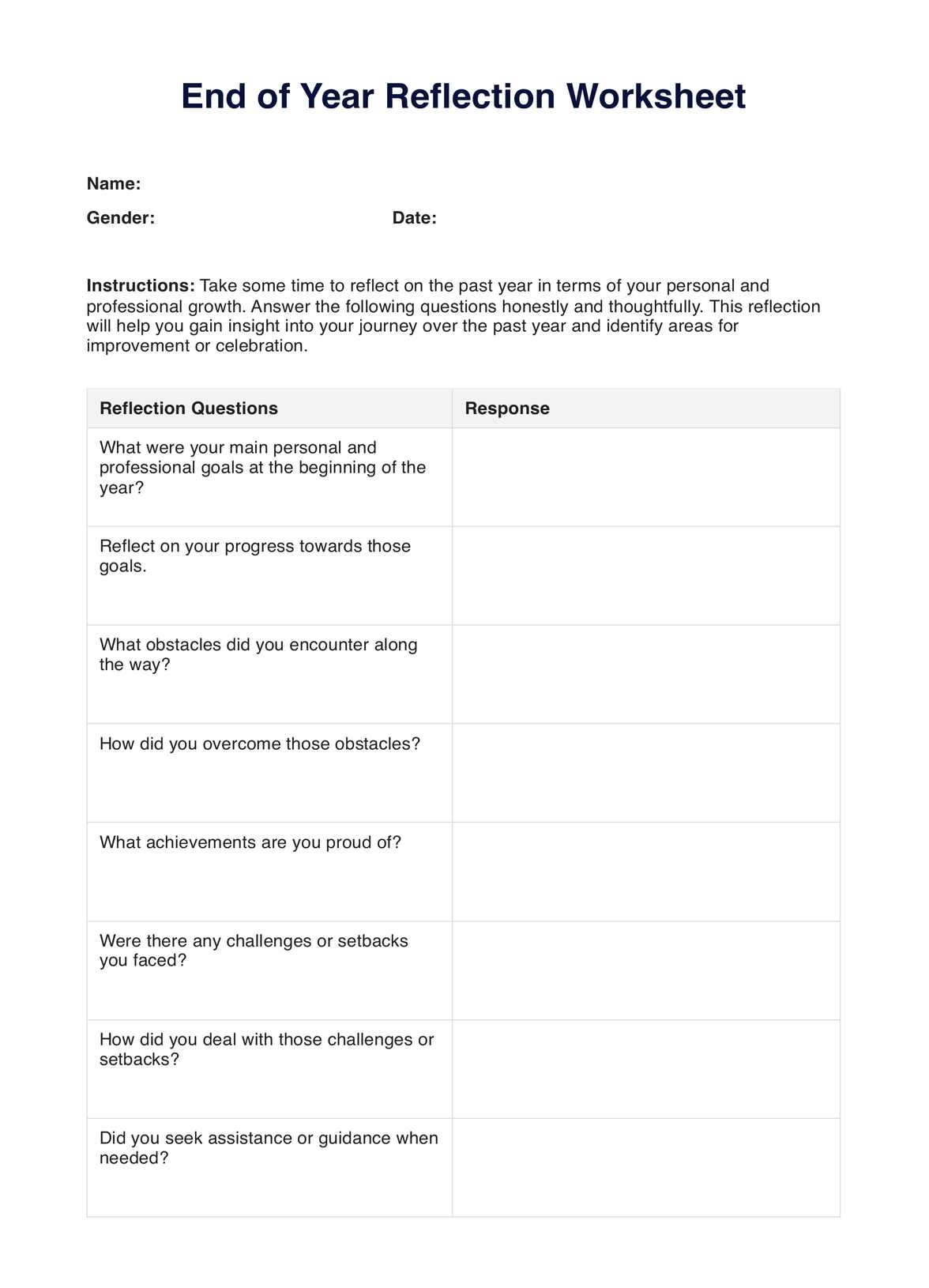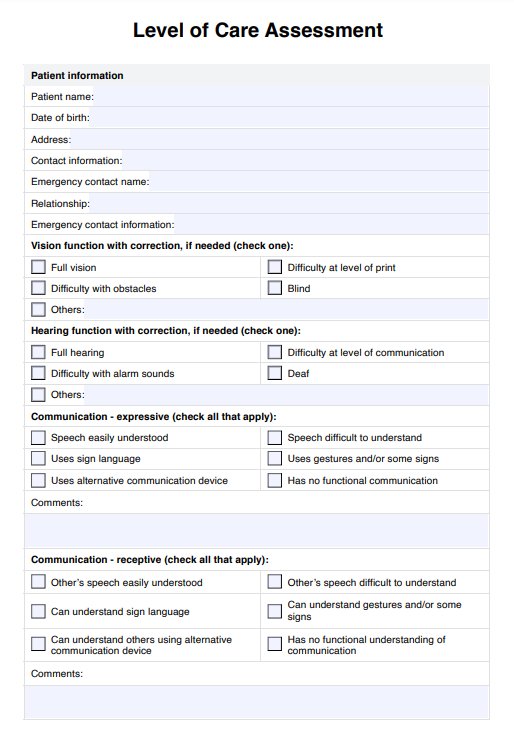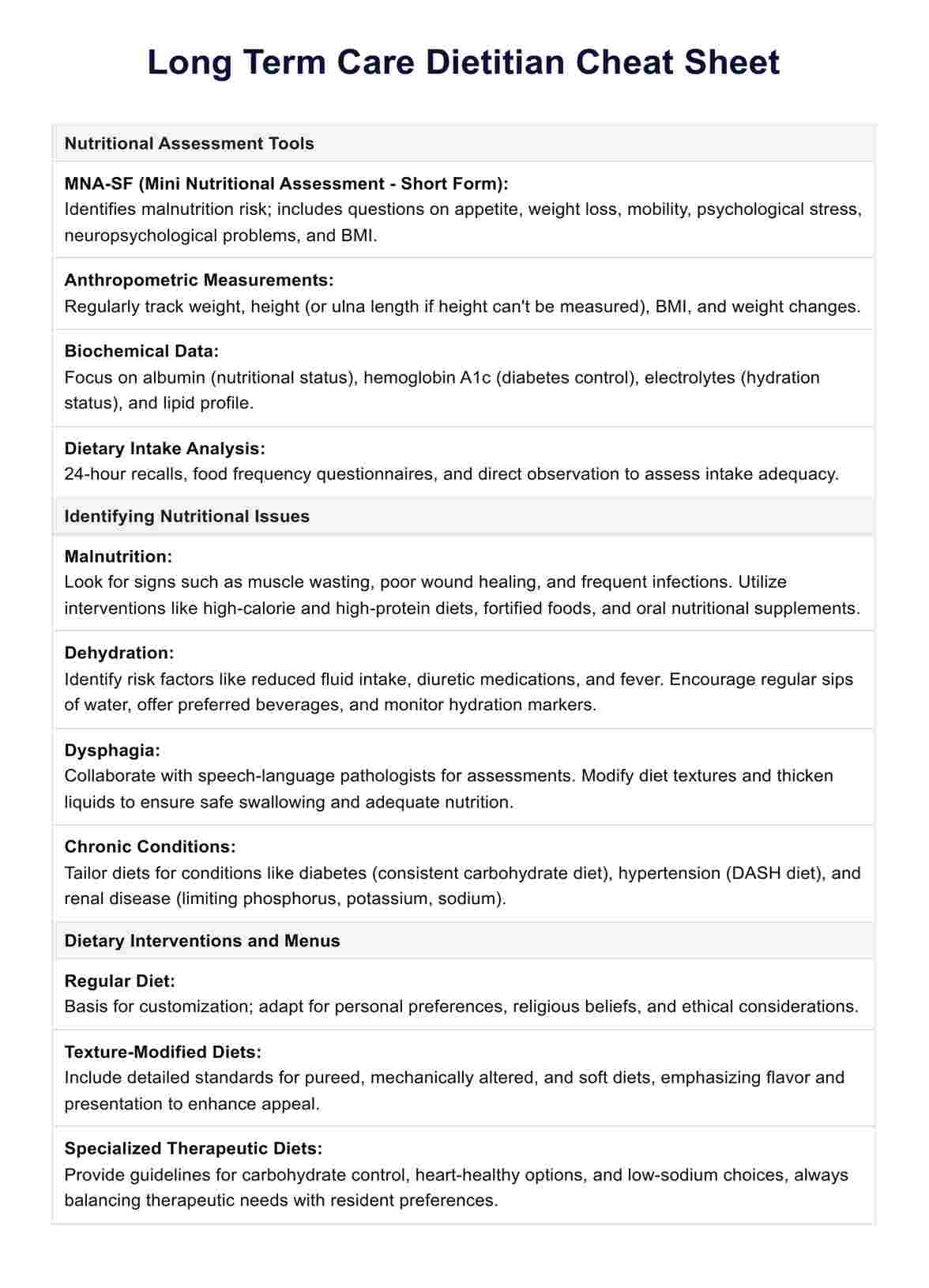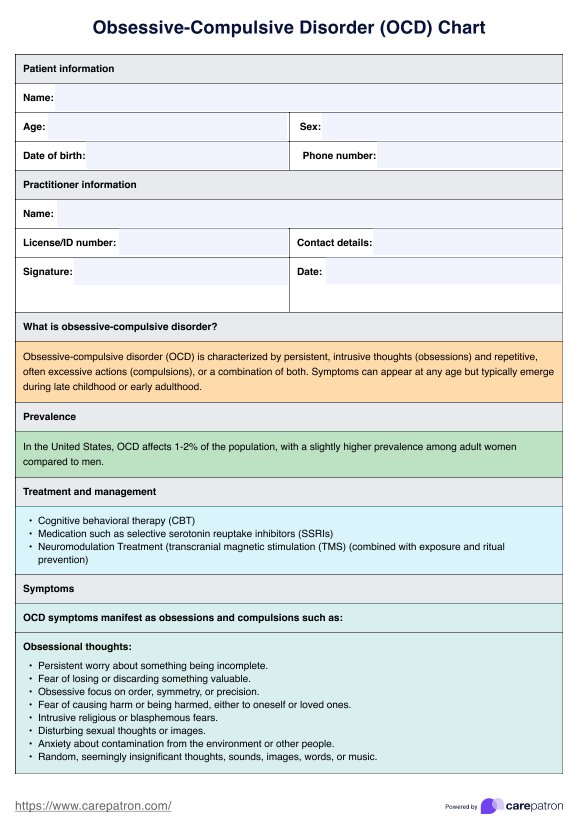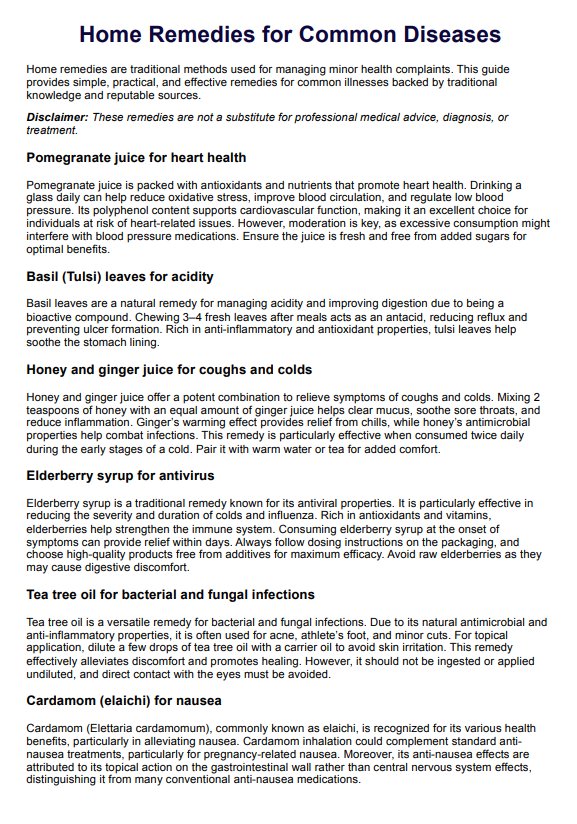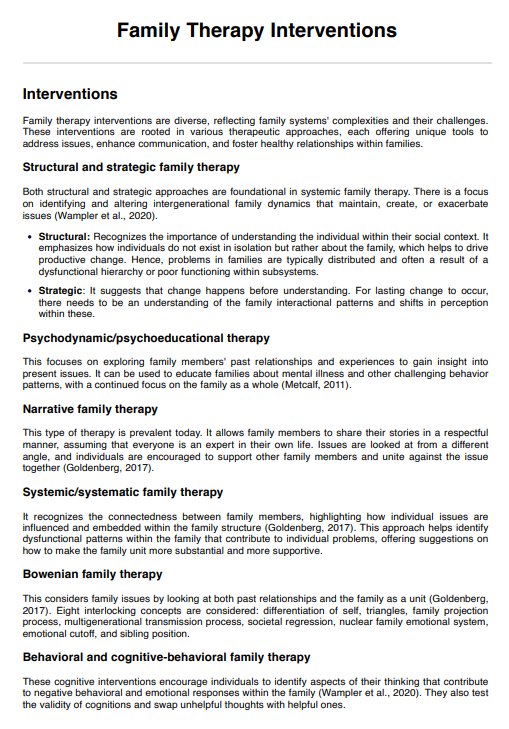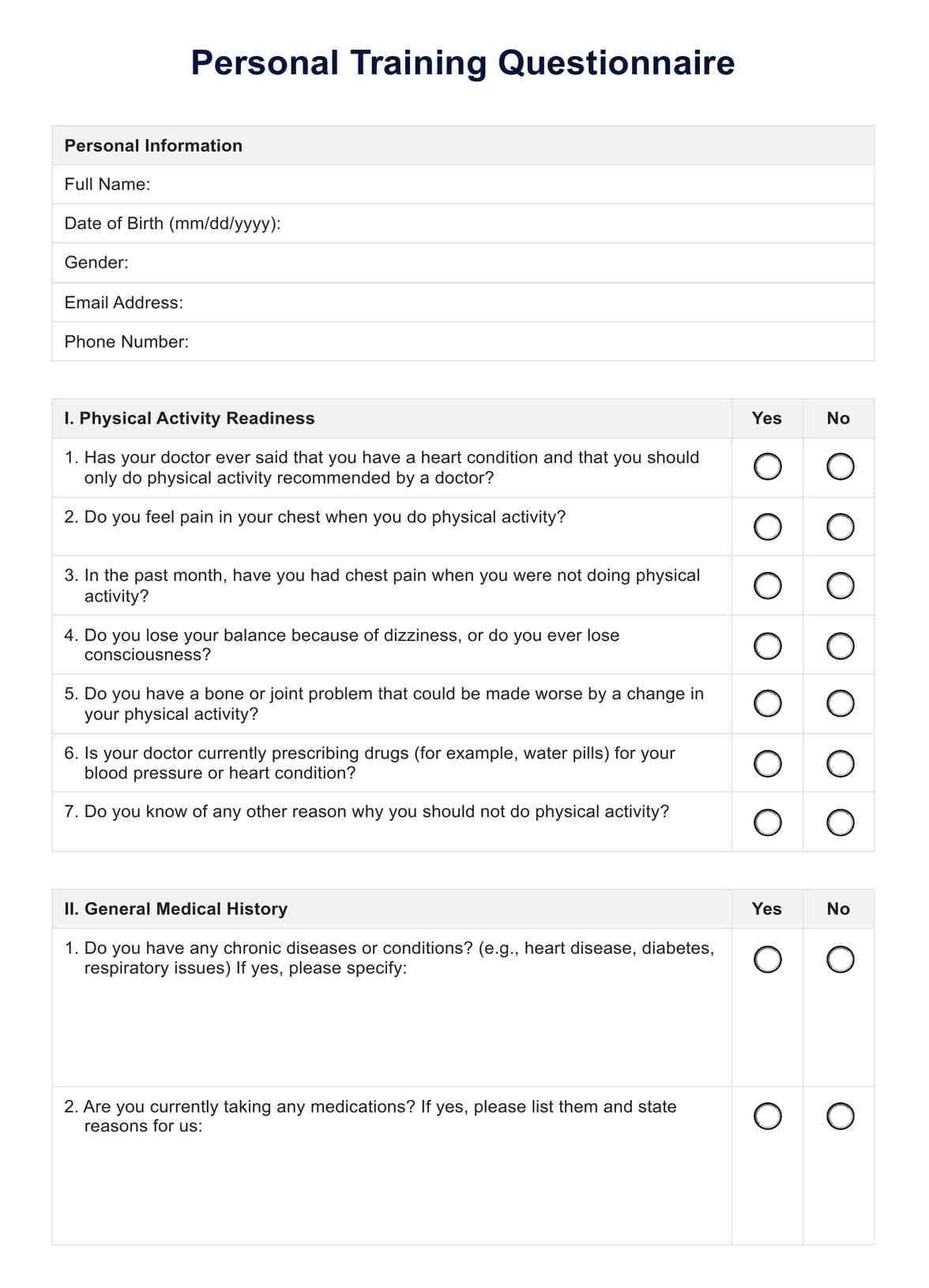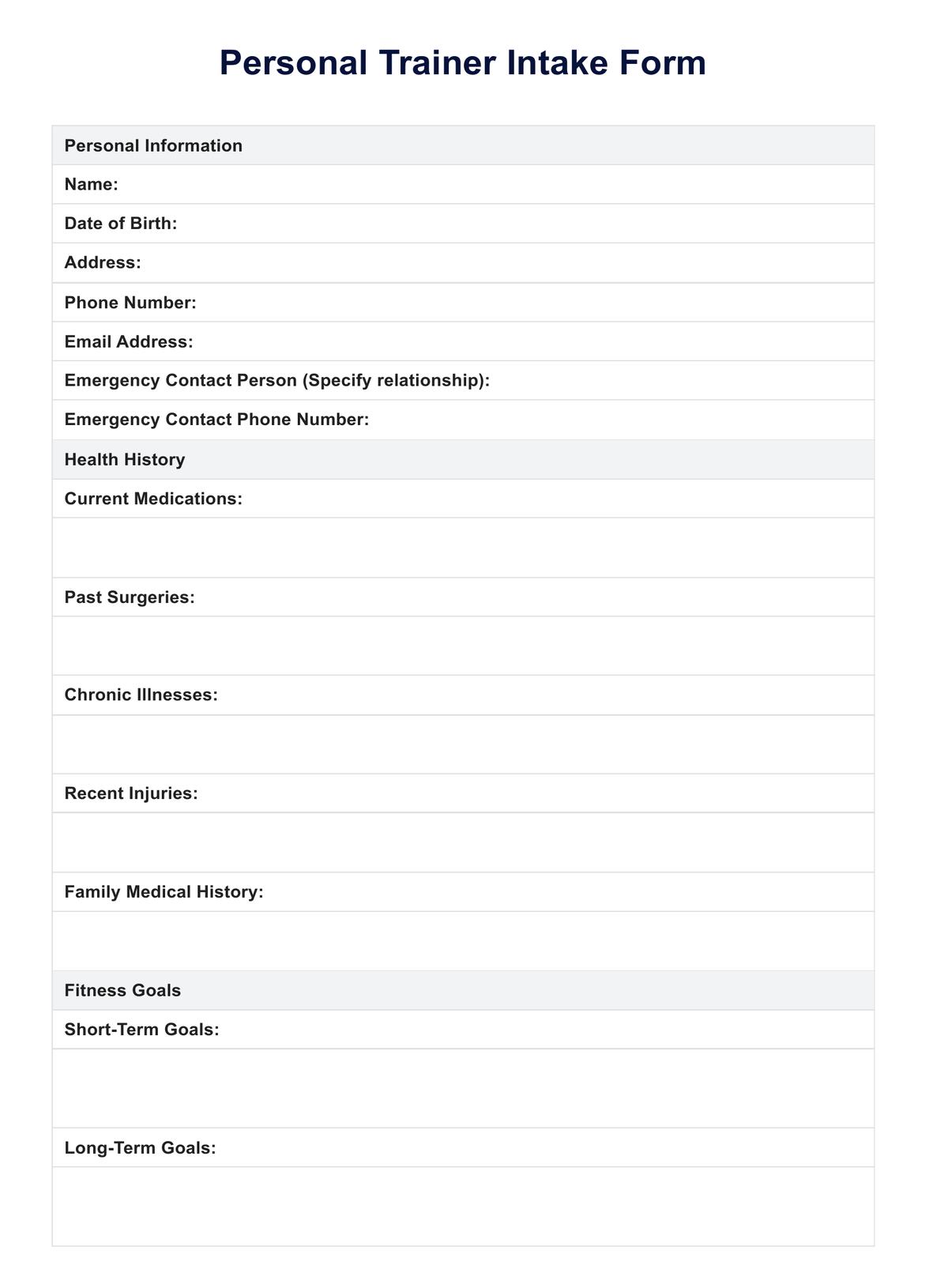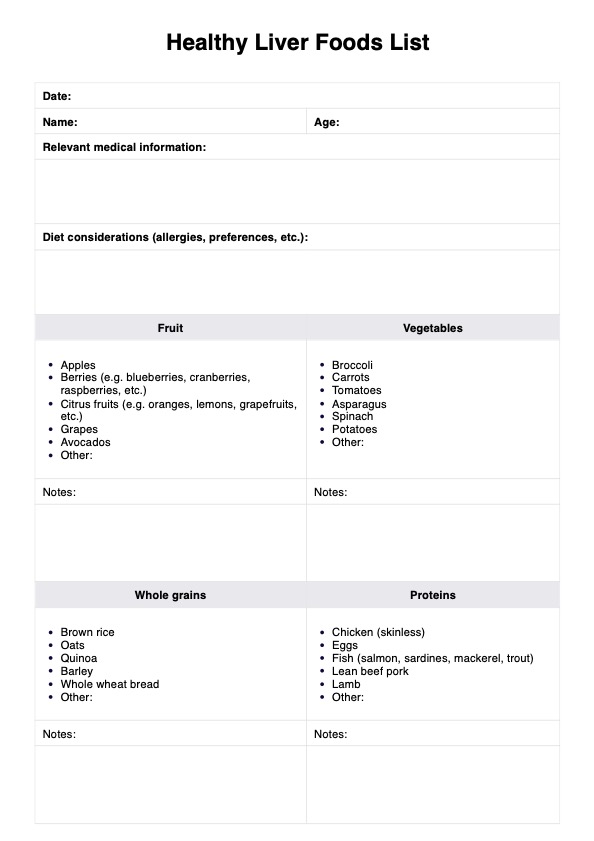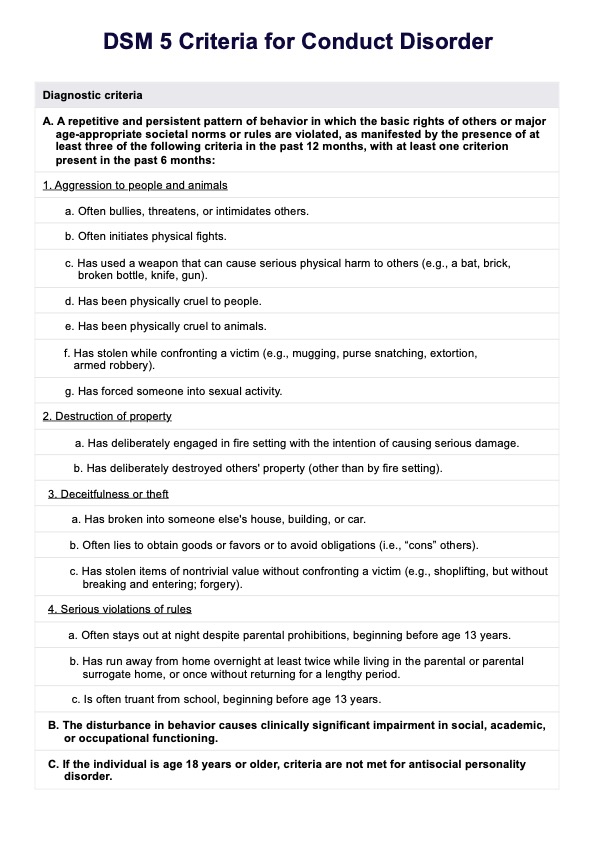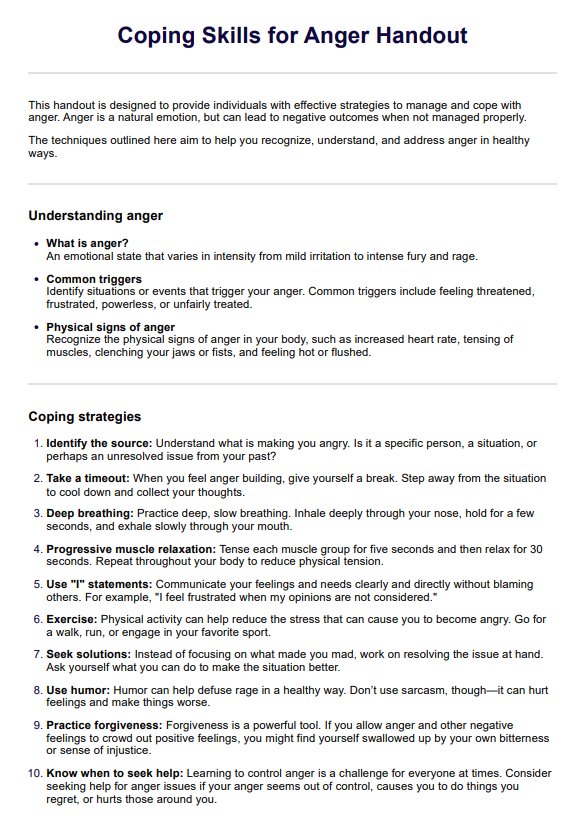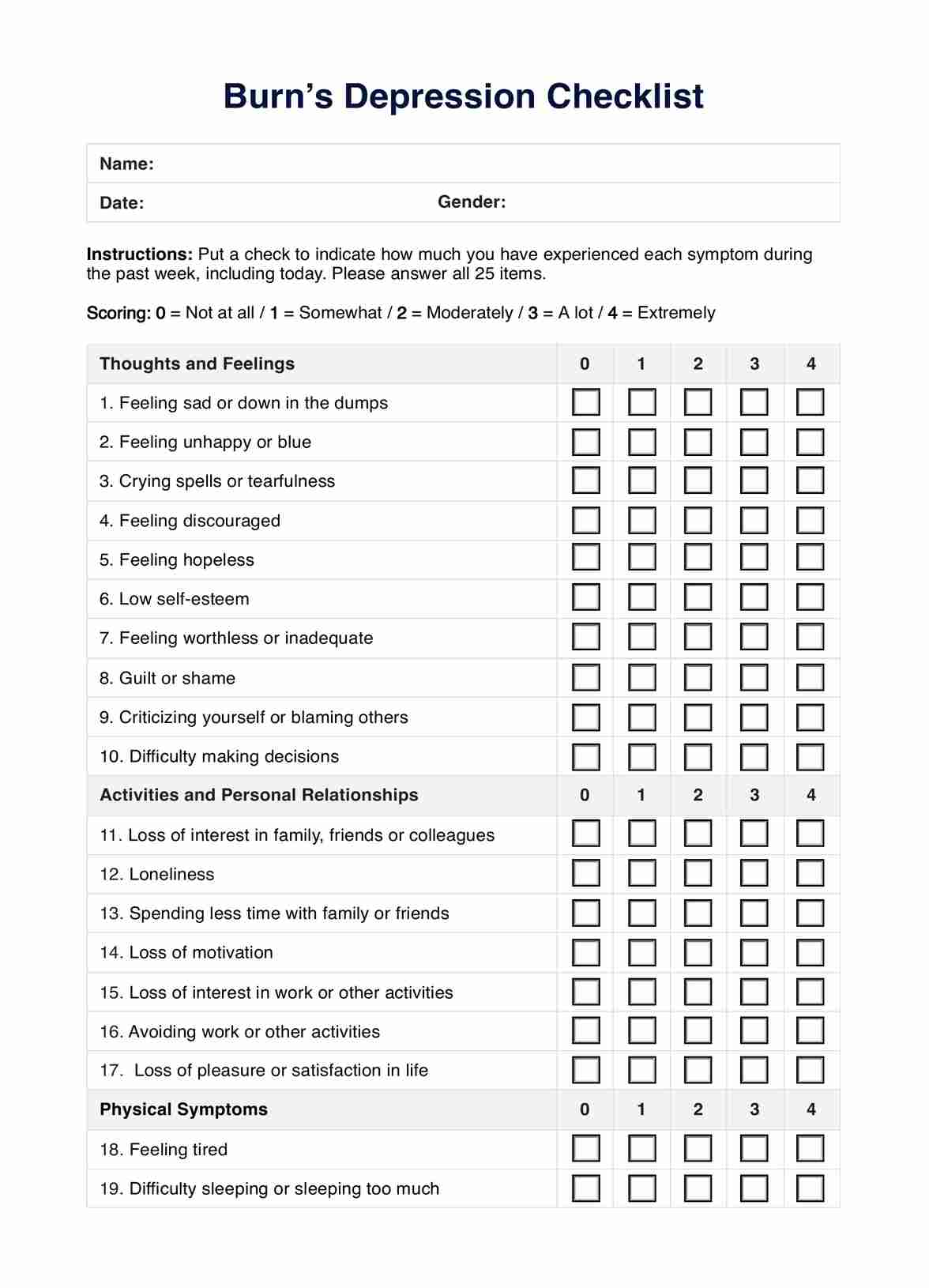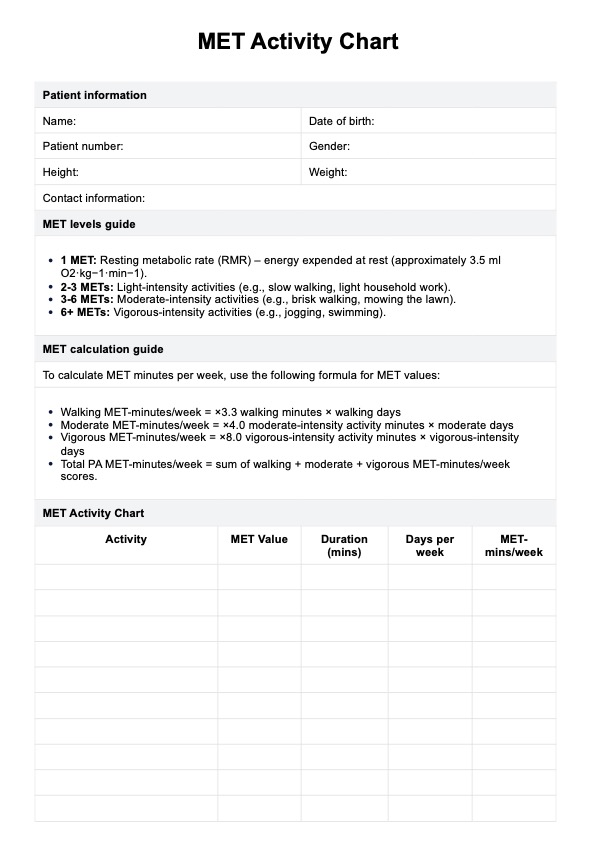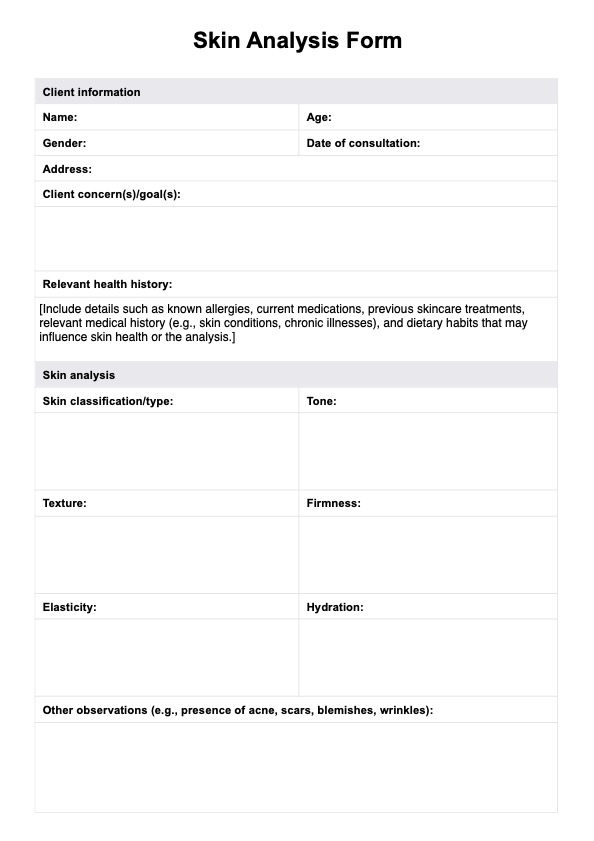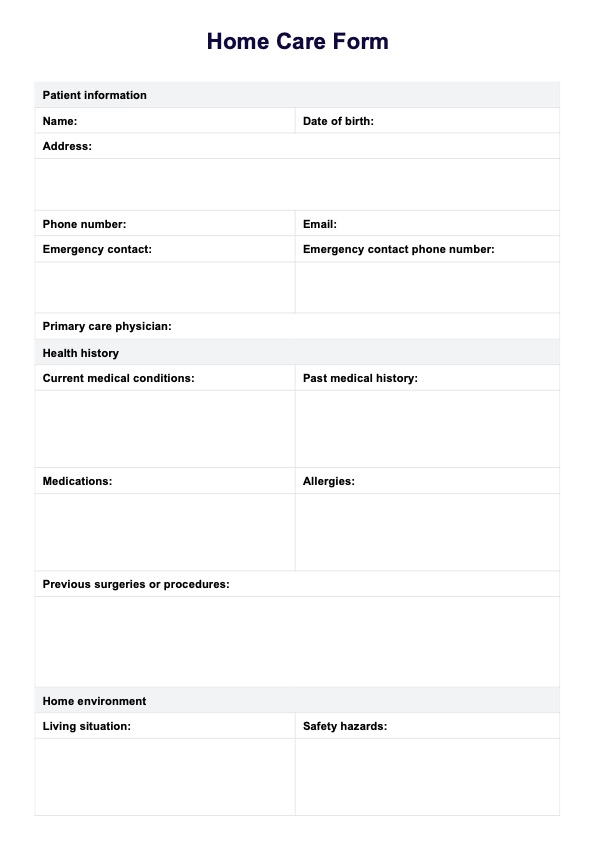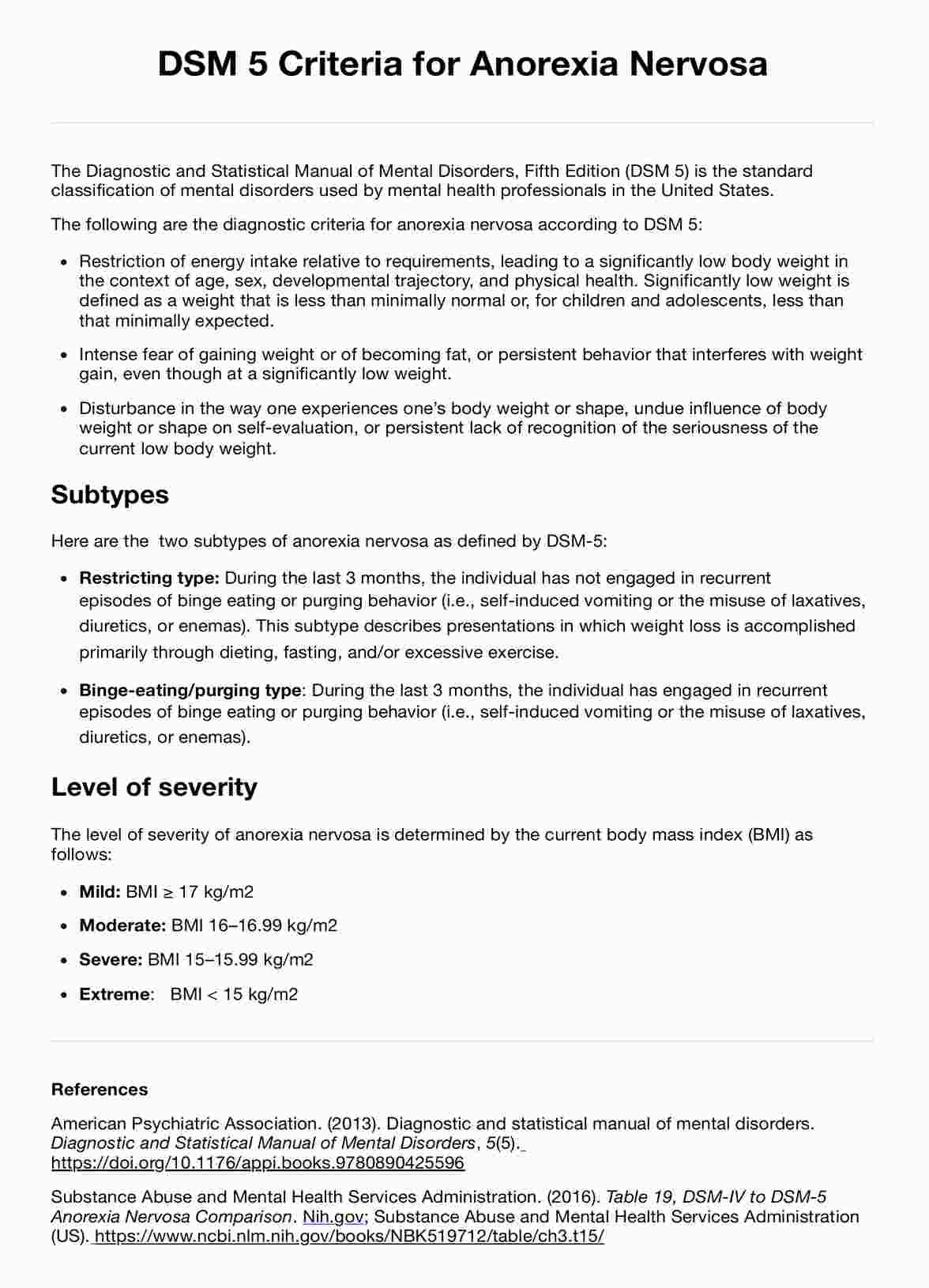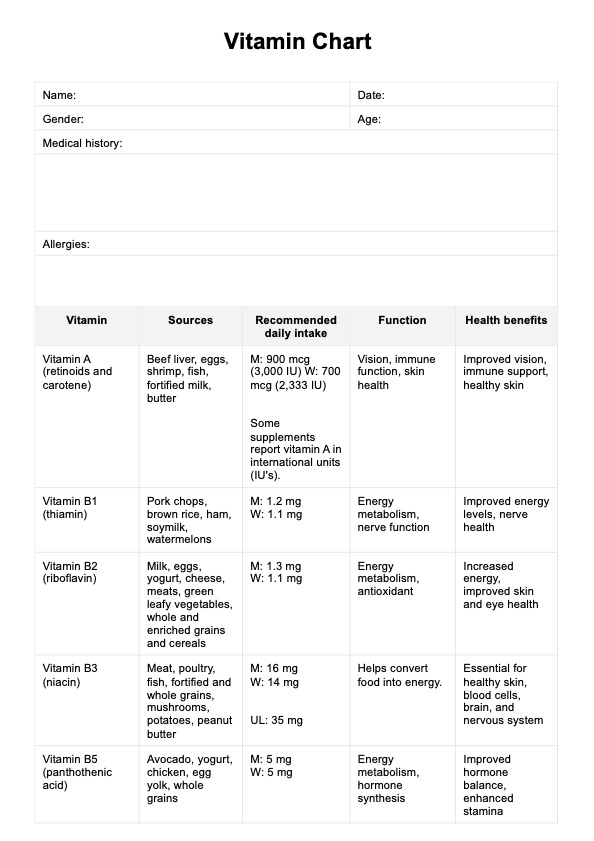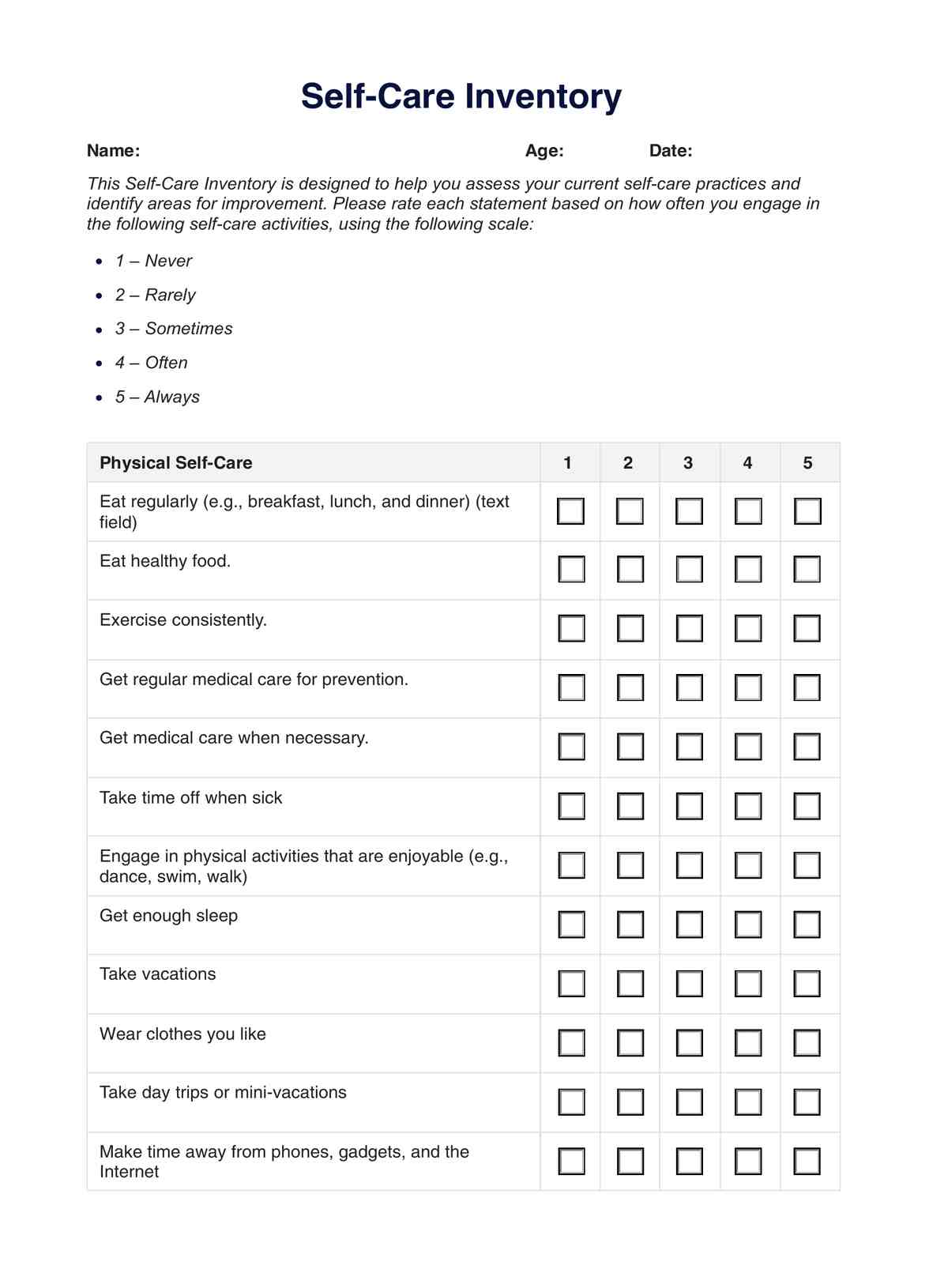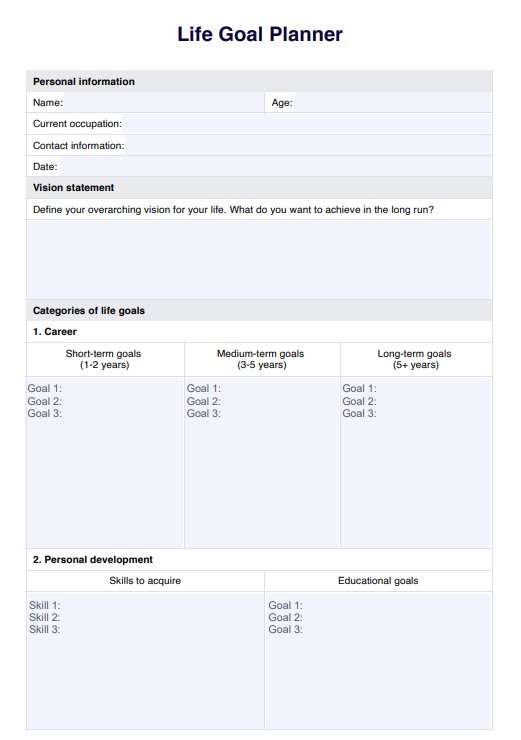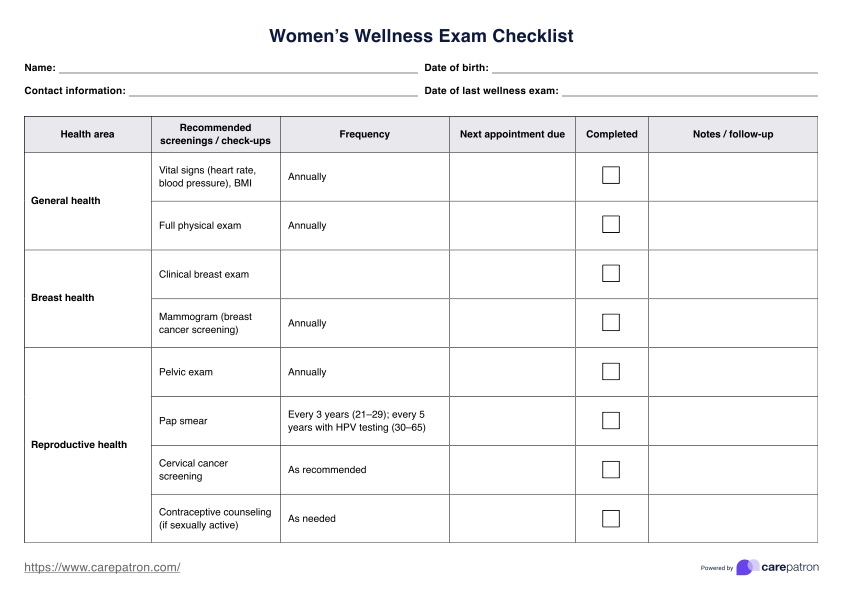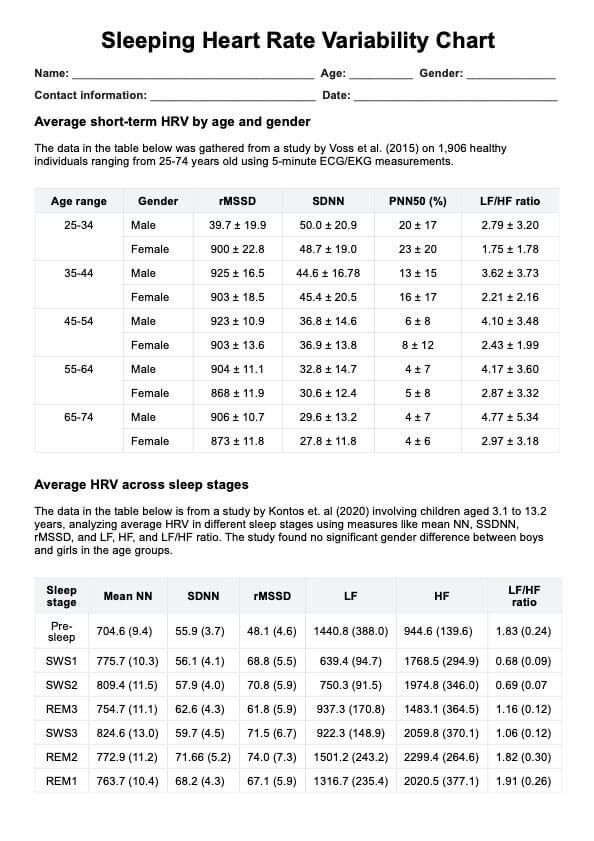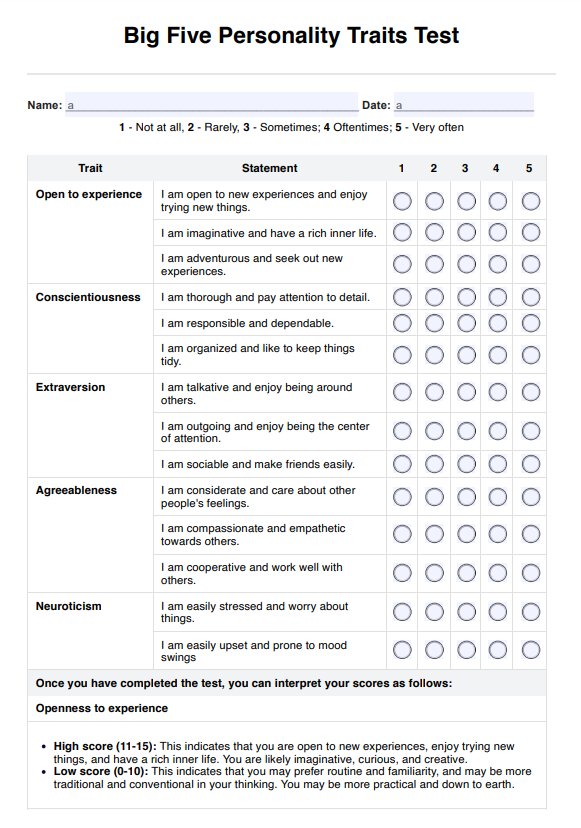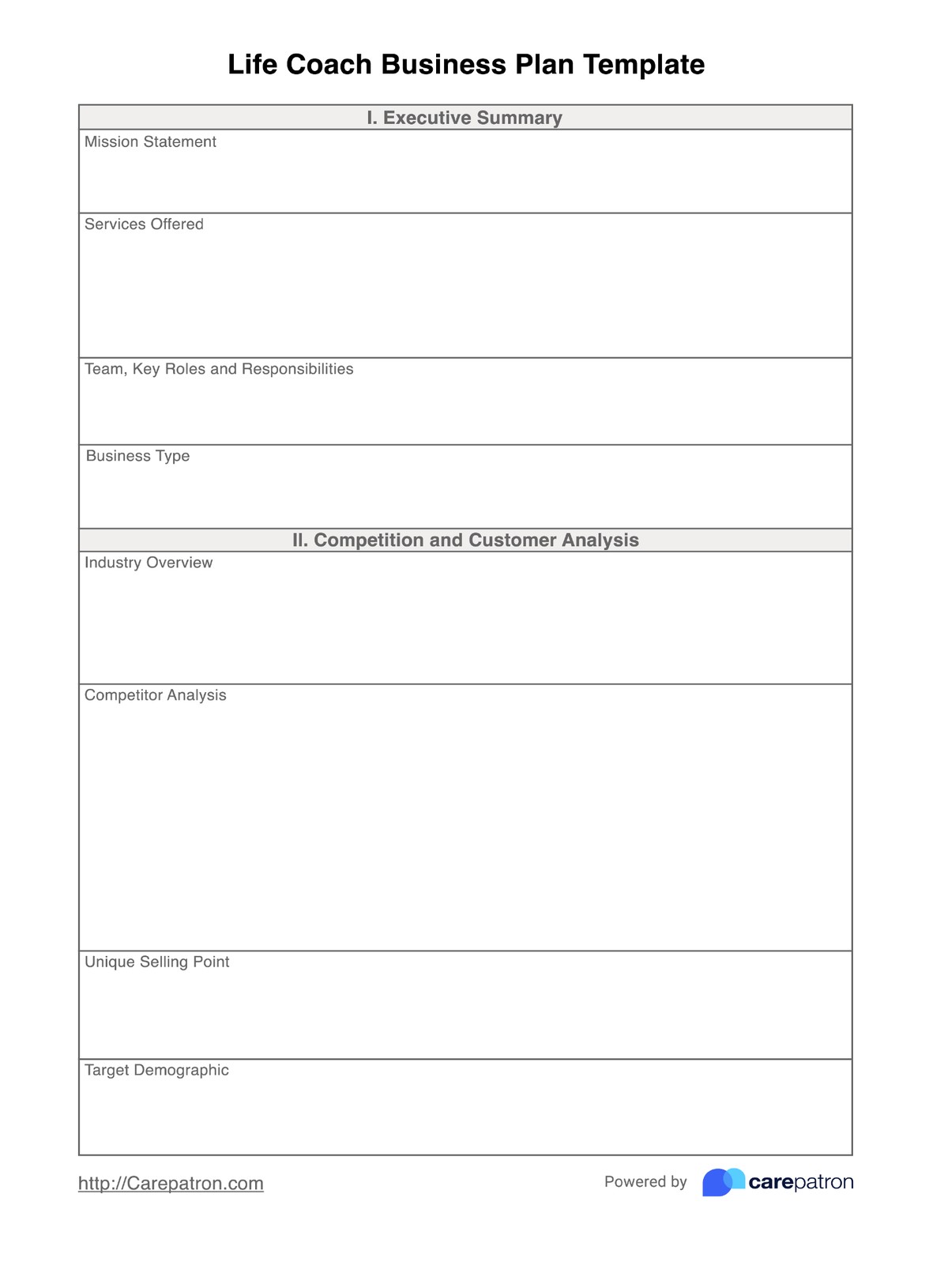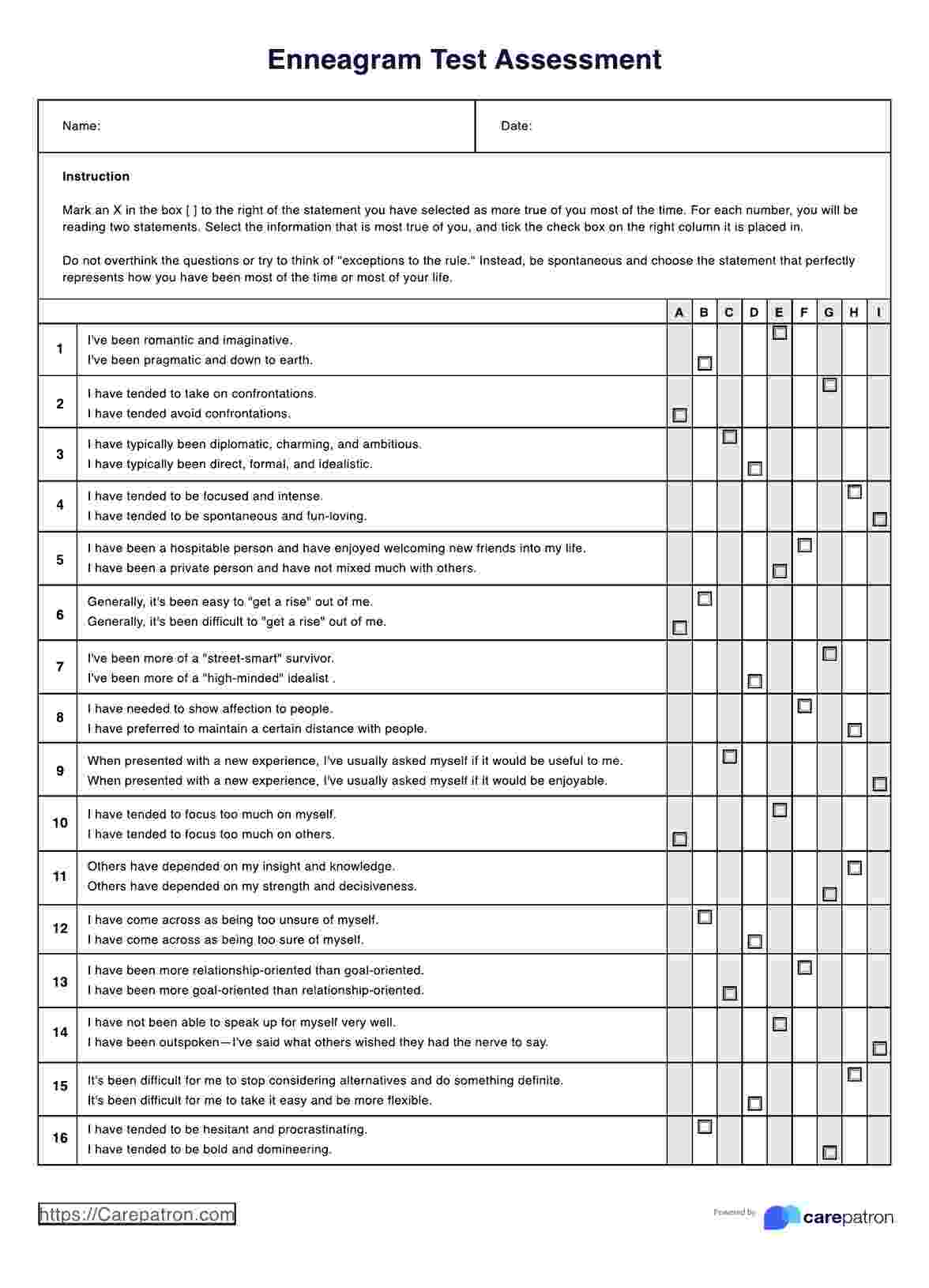Sleep Hygiene Handout
Provide clients with our Sleep Hygiene Handout to help improve their sleep quality. Access this handout for free!


What is a Sleep Hygiene Handout?
Many people struggle with sleep problems due to poor sleep hygiene, which includes various habits and practices that affect sleep quality. Waking up each morning feeling tired, even after spending enough time in bed, or tossing and turning with a racing mind is a common experience for most adults dealing with sleep hygiene issues.
Sleep hygiene refers to beneficial practices that promote a better night’s sleep by making it easier to fall asleep and stay asleep. These habits help individuals feel sleepy at the right time, establish a restful routine, and create an environment that encourages deep, restorative sleep.
A Sleep Hygiene Handout is a resource that provides tips and guidelines to help improve sleep quality. It includes tips on creating a bedtime routine, making the sleep environment more comfortable, and managing factors like stress or screen time. The goal is to help individuals develop habits that support better, more restful sleep. Healthcare providers often use it to educate patients on how to improve their sleep habits for overall well-being.
Sleep Hygiene Handout Template
Sleep Hygiene Handout Example
How does our Sleep Hygiene Handout work?
To make the most of the Sleep Hygiene Handout, start by familiarizing yourself with its contents, which include essential tips and practices for improving clients' sleep quality. Then, offer these recommendations to your clients to establish healthier sleep habits and enhance their overall well-being.
Step 1: Download the template
Open the handout via the Carepatron app by clicking the "Use template" button. This lets you customize the form based. You can also download a PDF version by choosing "Download."
Step 2: Explain the handout to clients
Review the handout with your clients, highlighting key sleep hygiene practices. Use relatable examples to help them understand how good sleep habits can improve their sleep. Address any questions they may have.
Step 3: Provide to clients as an educational resource
Give clients a copy of the sleep hygiene PDF handout for reference. Encourage them to keep it somewhere visible, such as their nightstand or refrigerator, to remind them of healthy sleep habits. We've also provided a section for you to jot down other essential notes.
Step 4: Follow up on progress
In future sessions, check in with clients about their sleep habits. Ask which strategies they have implemented and discuss any challenges they may face. Offer additional guidance or modifications to better fit their needs.
What are examples of good sleep hygiene habits?
Many individuals struggle with sleep, often falling into patterns that contribute to poor rest. Guiding clients toward effective sleep hygiene habits can help them achieve the restorative sleep they need.
1. Encourage a consistent sleep schedule
Advise clients to maintain regular sleep and wake times, even on weekends, to support their body's internal clock. A stable schedule enhances sleep quality by reinforcing natural sleep-wake cycles. While 7–9 hours is generally recommended, emphasize that sleep needs vary with age and individual factors.
2. Promote a relaxing bedtime routine
Recommend calming activities before bed to help the body transition into sleep. Encourage clients to practice relaxation techniques like deep breathing, meditation, or reading. A warm bath can also promote relaxation and make them feel refreshed. Advise them to avoid stimulating activities, such as watching television or engaging in high-energy tasks, as these can make it harder to unwind.
3. Optimize the sleep environment
Encourage clients to create a sleep-friendly bedroom by keeping it dark, quiet, and at a comfortable, cool temperature. Recommend blackout curtains or earplugs to minimize disturbances from light and noise. Suggest investing in a supportive mattress and pillows to enhance comfort and spinal alignment, promoting better sleep quality.
4. Limit exposure to screens before bed
Advise clients to avoid electronic devices like smartphones, tablets, and computers at least an hour before bedtime. The blue light from screens suppresses melatonin production, making it harder to fall asleep. If screen use is necessary, recommend enabling "night mode" settings or using blue light-blocking glasses to reduce the impact on sleep.
5. Watch diet and hydration
Help clients understand how food and drink choices affect sleep. Encourage them to avoid heavy meals, caffeine, and alcohol close to bedtime, as these can disrupt sleep patterns. Recommend limiting fluid intake in the evening to prevent frequent nighttime awakenings
6. Stay active during the day
Encourage clients to engage in regular physical activity to improve sleep quality. However, advise them to avoid intense exercise close to bedtime, as it can increase alertness and make it harder to fall asleep.
7. Manage stress and anxiety
Teach clients relaxation techniques to reduce stress and promote a sense of calm before bedtime. Suggest activities like deep breathing, meditation, or journaling to help release worries and ease bedtime anxiety.
8. Seek professional help if needed
Remind clients that persistent sleep difficulties may indicate an underlying sleep disorder. Encourage them to consult a healthcare professional for a thorough evaluation and appropriate treatment. Addressing sleep problems early can prevent long-term health consequences and improve overall well-being.
What are the benefits of using this handout?
A Sleep Hygiene Handout can be a valuable tool for those struggling with sleep issues. It promotes awareness by highlighting the importance of sleep and its impact on overall health, encouraging individuals to make informed choices for better rest. The handout also provides guidance, offering practical tips and strategies for creating a healthy sleep routine and optimizing the sleep environment.
Additionally, it fosters accountability and empowers individuals to progress toward better rest. Lastly, it serves as a communication tool for healthcare professionals, helping facilitate discussions and interventions for improving sleep habits.
Commonly asked questions
Sleep hygiene refers to healthy habits and environmental factors that promote a better night's sleep by making it easier to fall and stay asleep. It includes maintaining a consistent sleep schedule, creating a relaxing bedtime routine, and optimizing your sleep environment for rest.
The 10-3-2-1-0 sleep rule is a guideline for better sleep: avoid caffeine 10 hours before bed, stop eating or drinking alcohol 3 hours before, finish work or stimulating tasks 2 hours before, limit screen time 1 hour before, and hit the snooze button 0 times in the morning. Following this routine helps regulate your body's natural sleep-wake cycle and improve sleep quality.
Key habits for better sleep include maintaining a regular sleep schedule, finding relaxing activities before bed, and limiting caffeine or heavy meals in the evening. Creating a comfortable sleep environment, avoiding screens before bedtime, and engaging in quiet activities like reading can also improve sleep quality.
Long-term use of sleeping pills is generally not recommended, as it may lead to dependence and reduced effectiveness over time. It’s best to explore non-medication sleep strategies first and consult a healthcare professional for personalized guidance.


